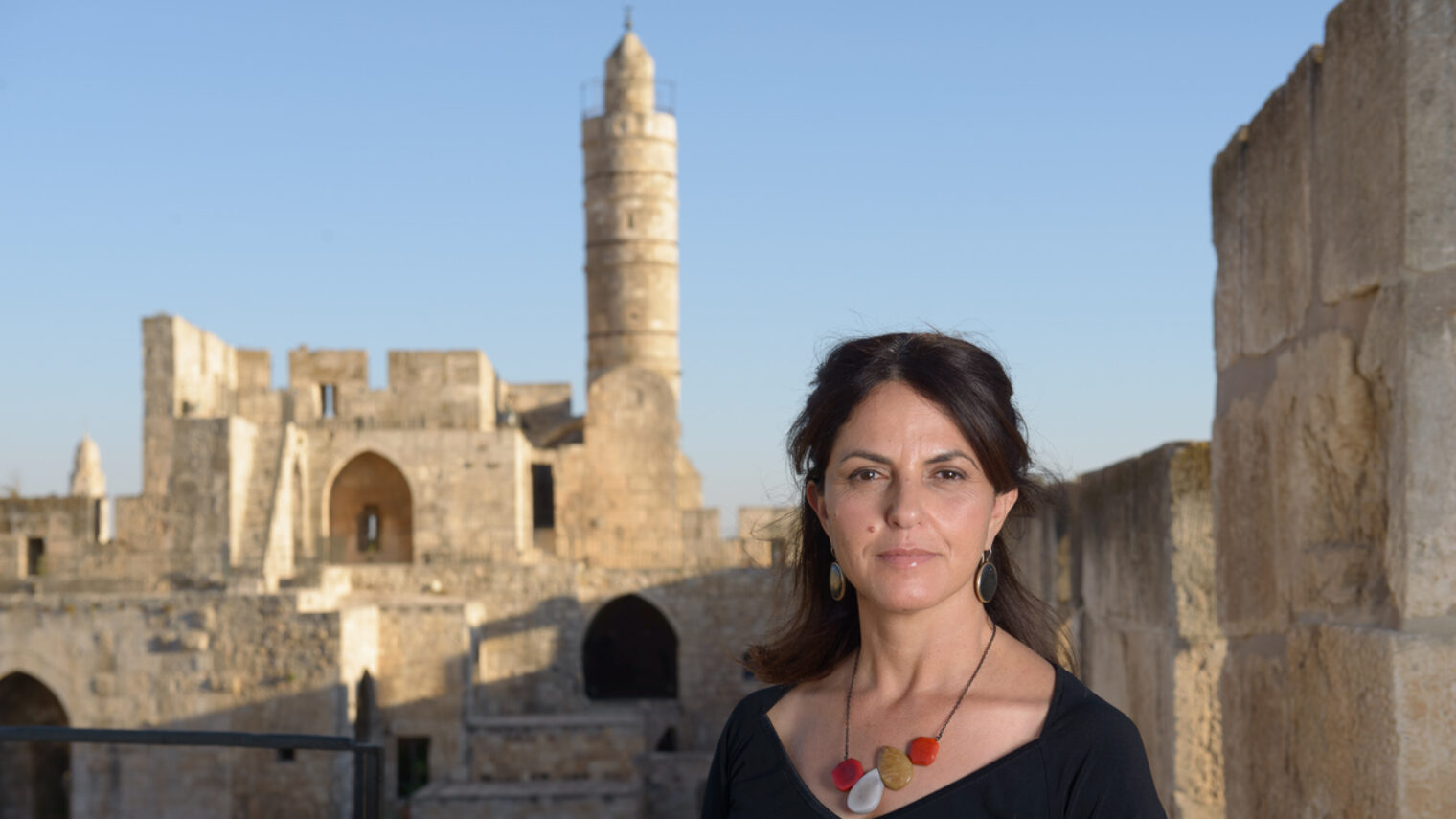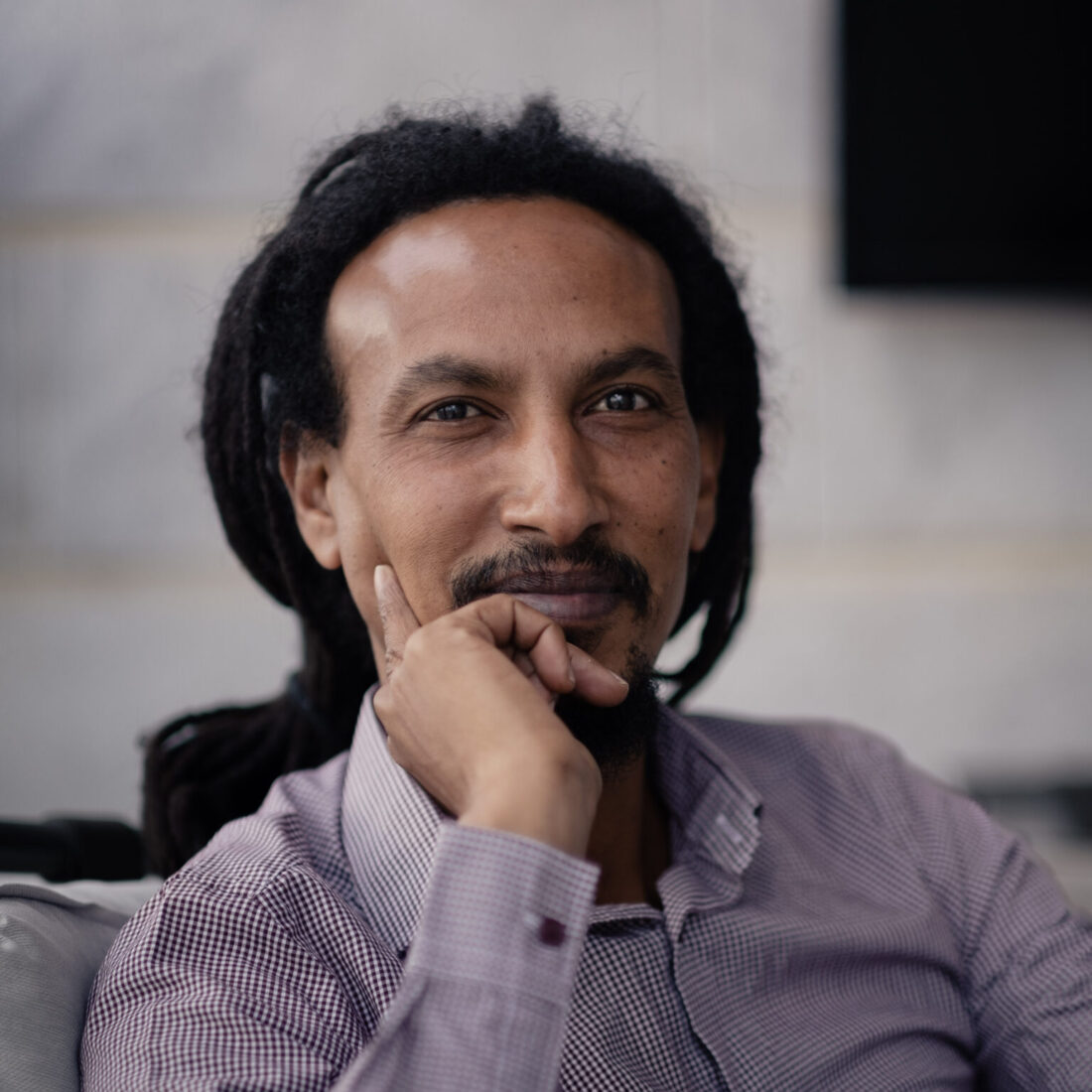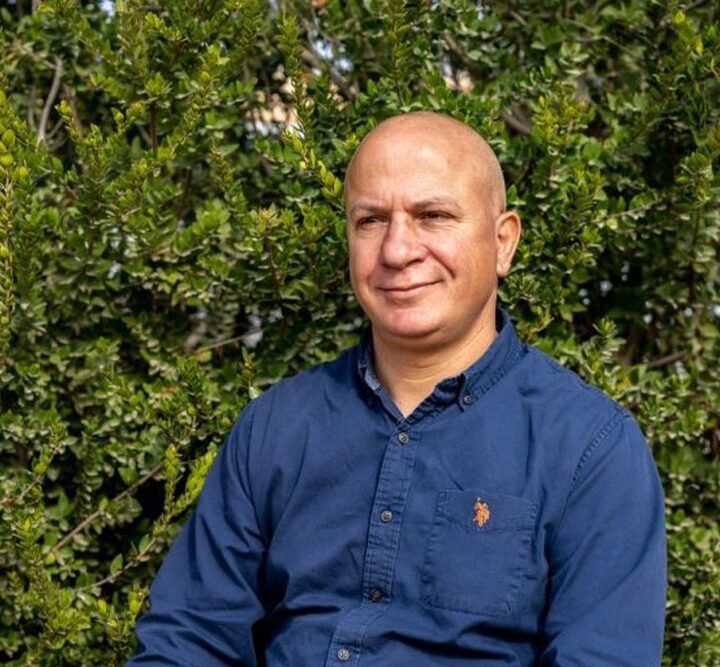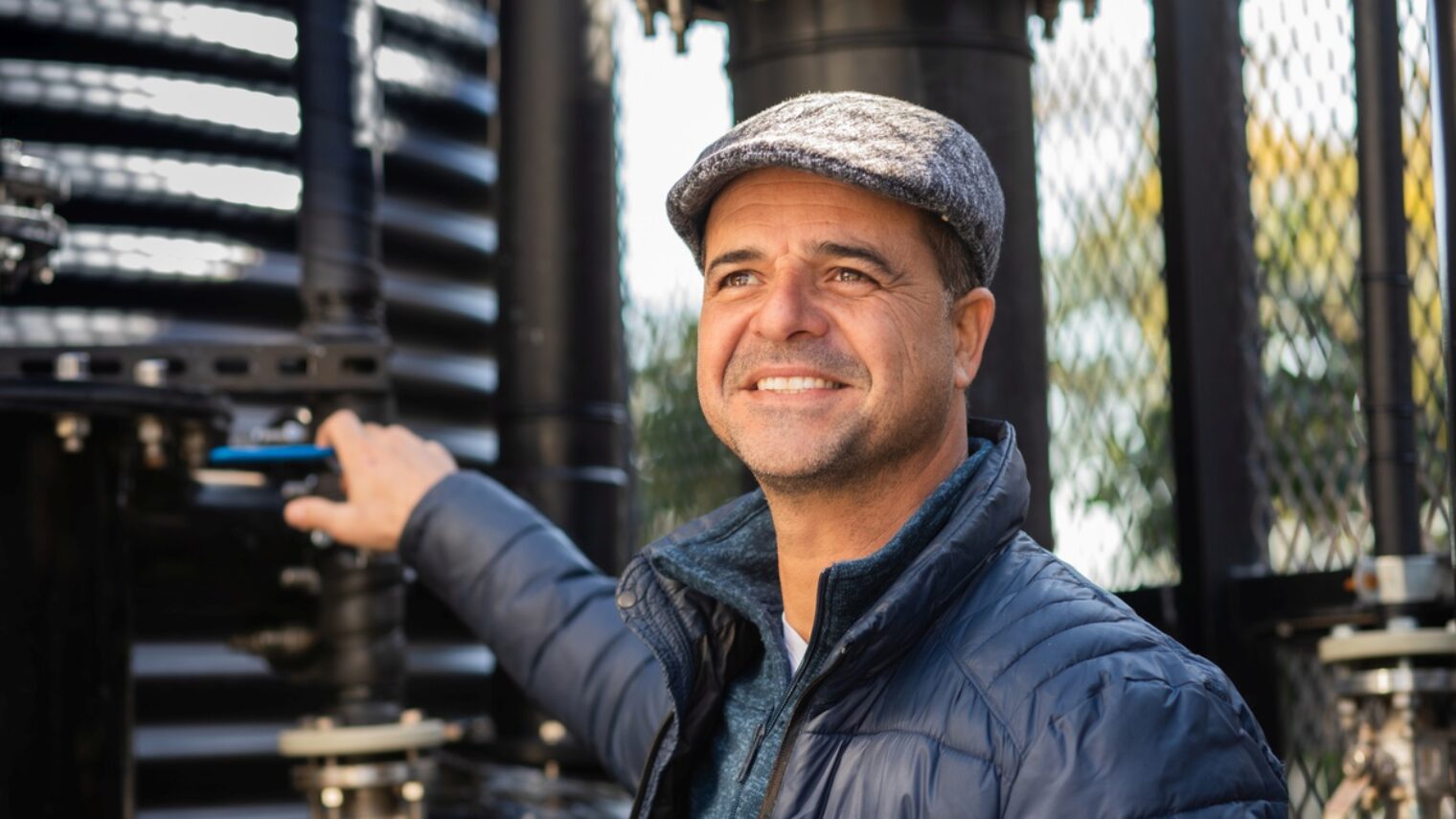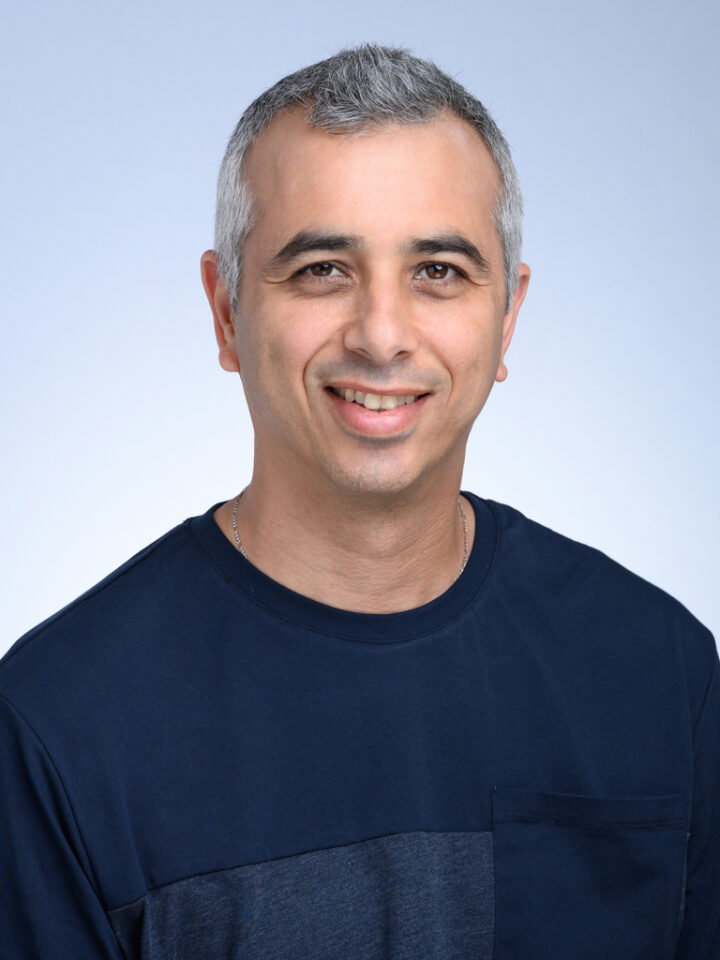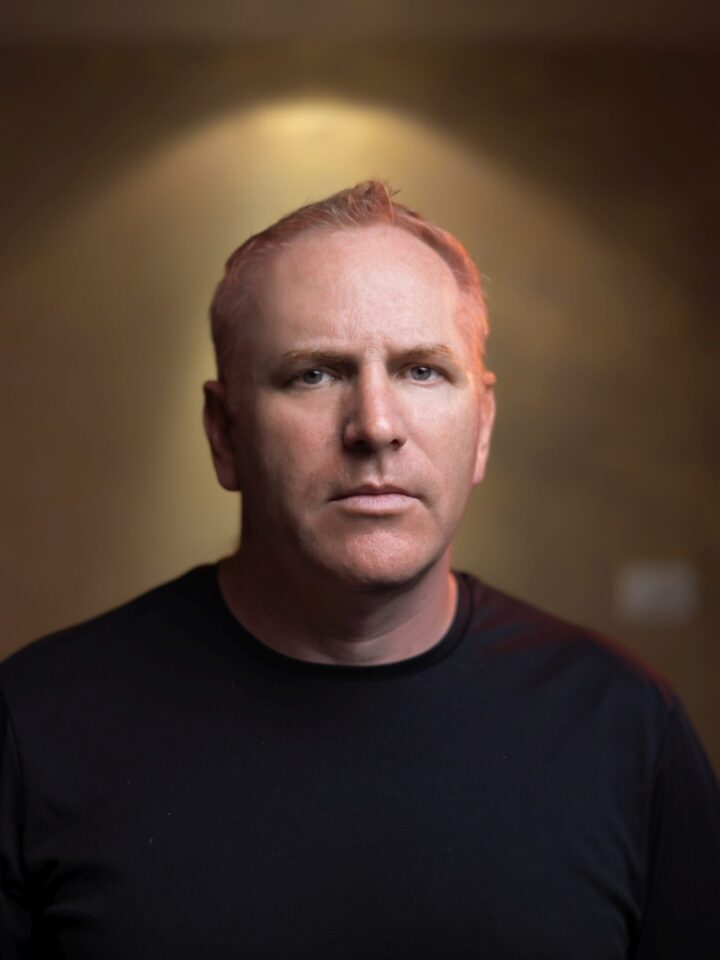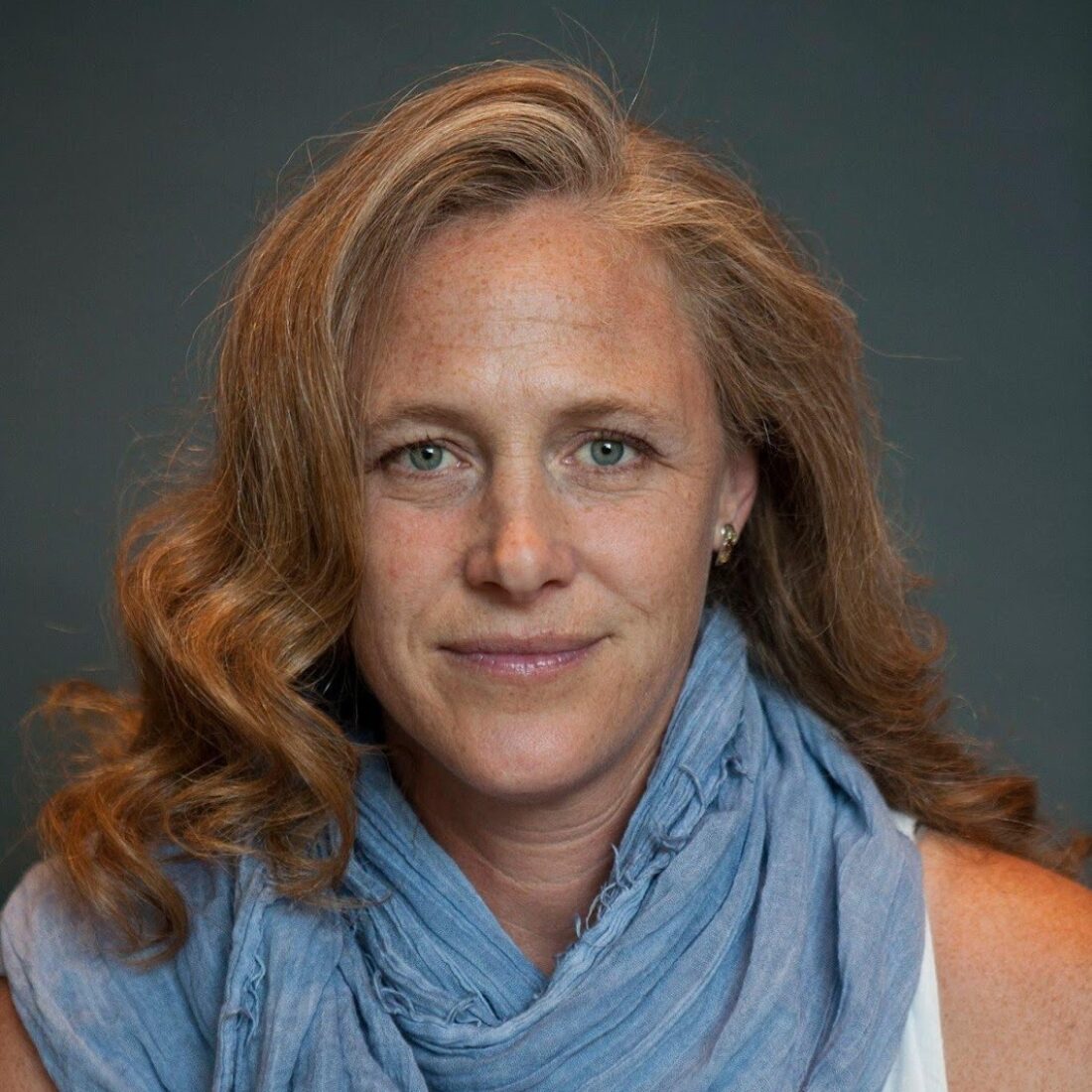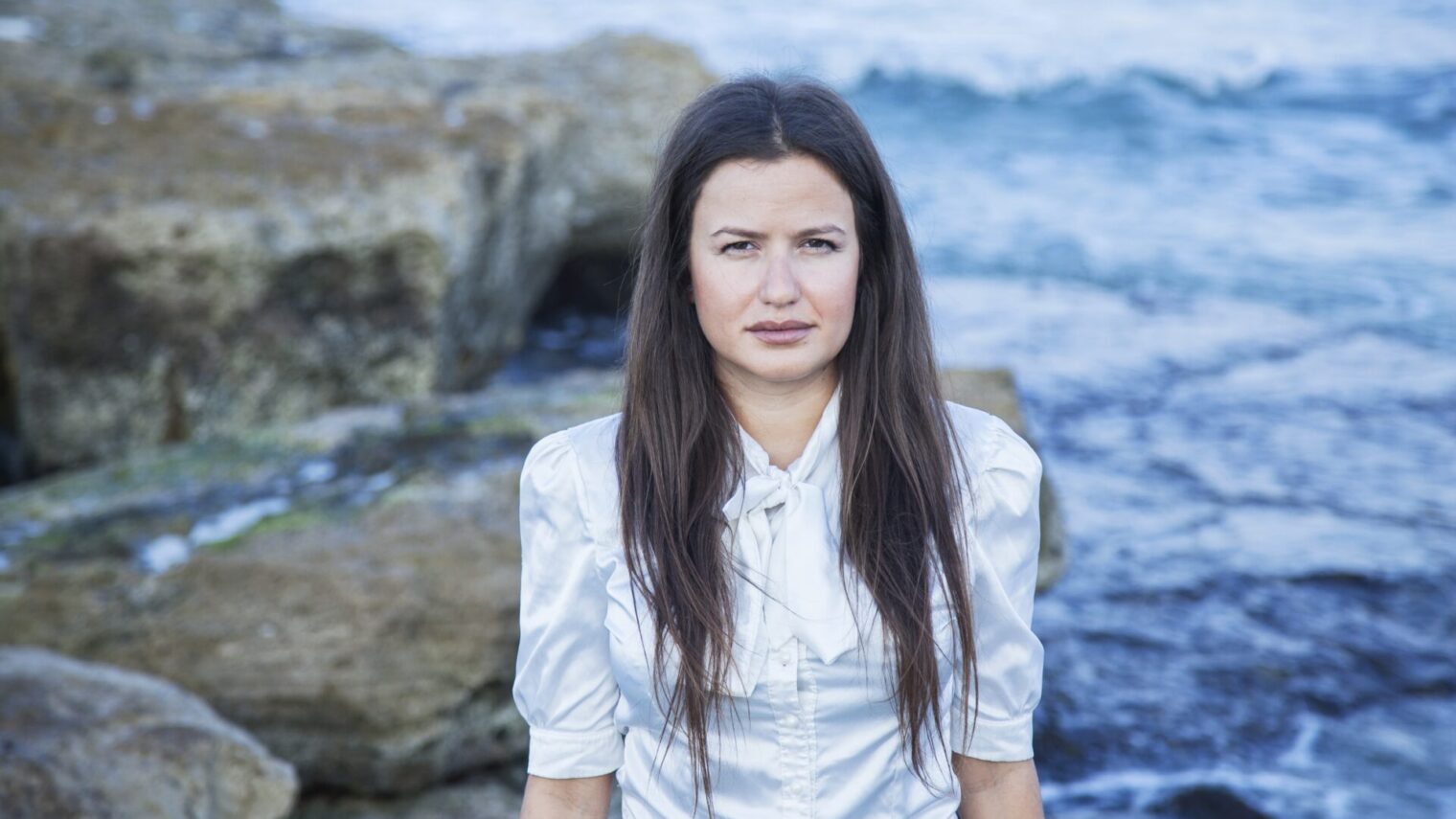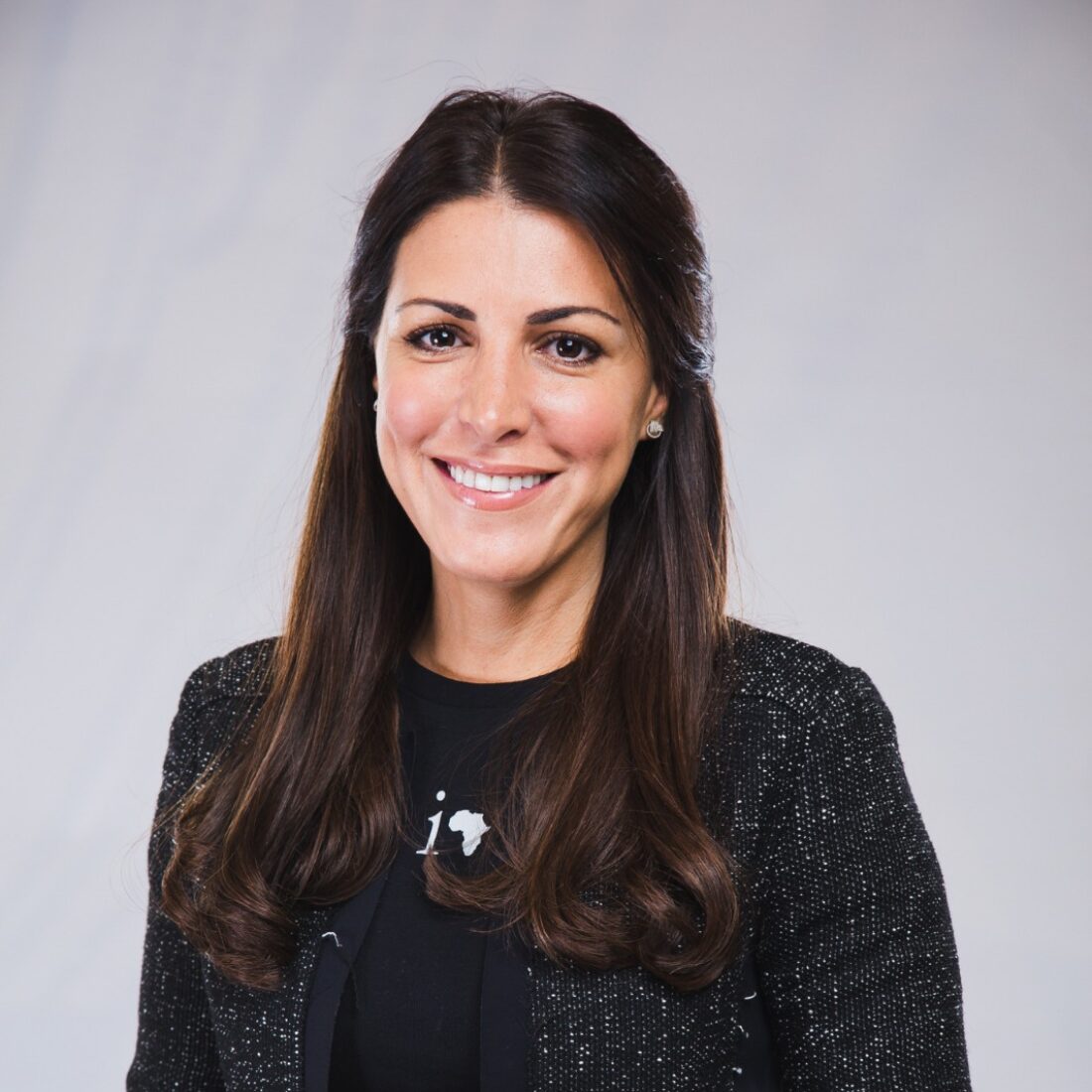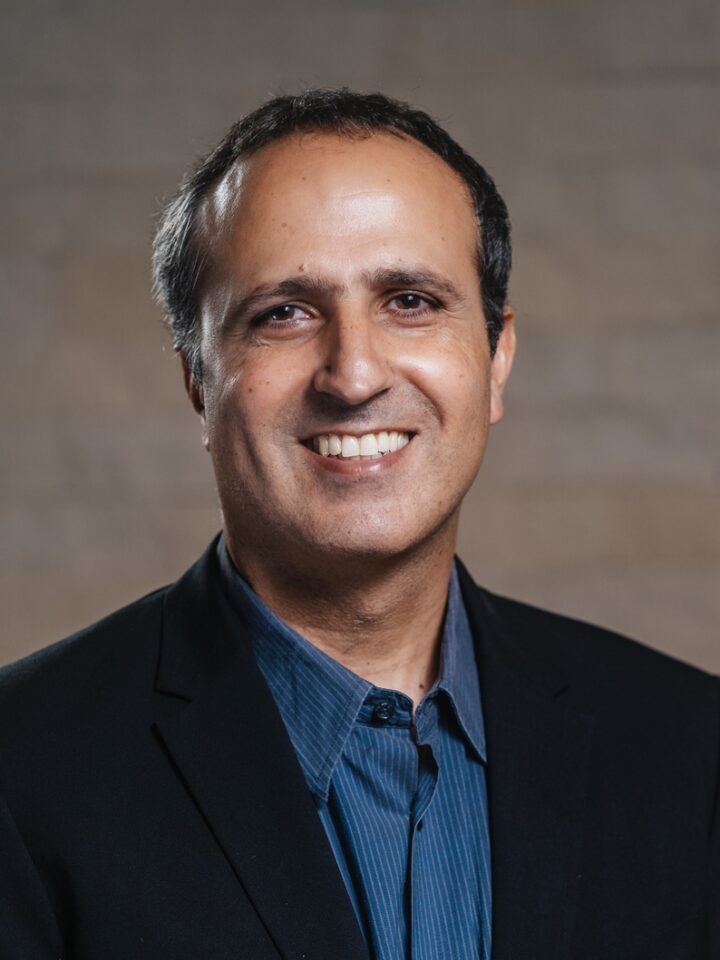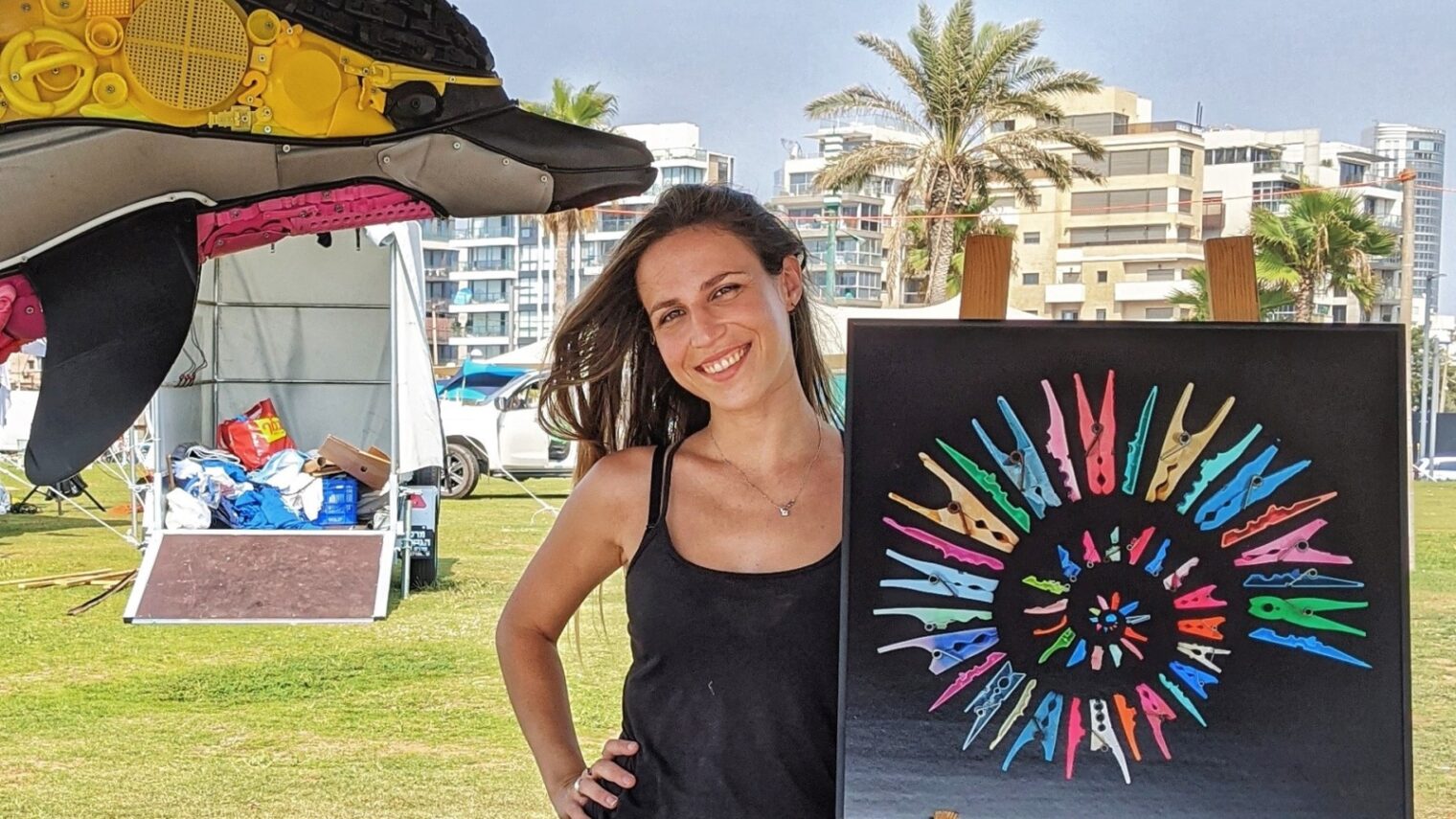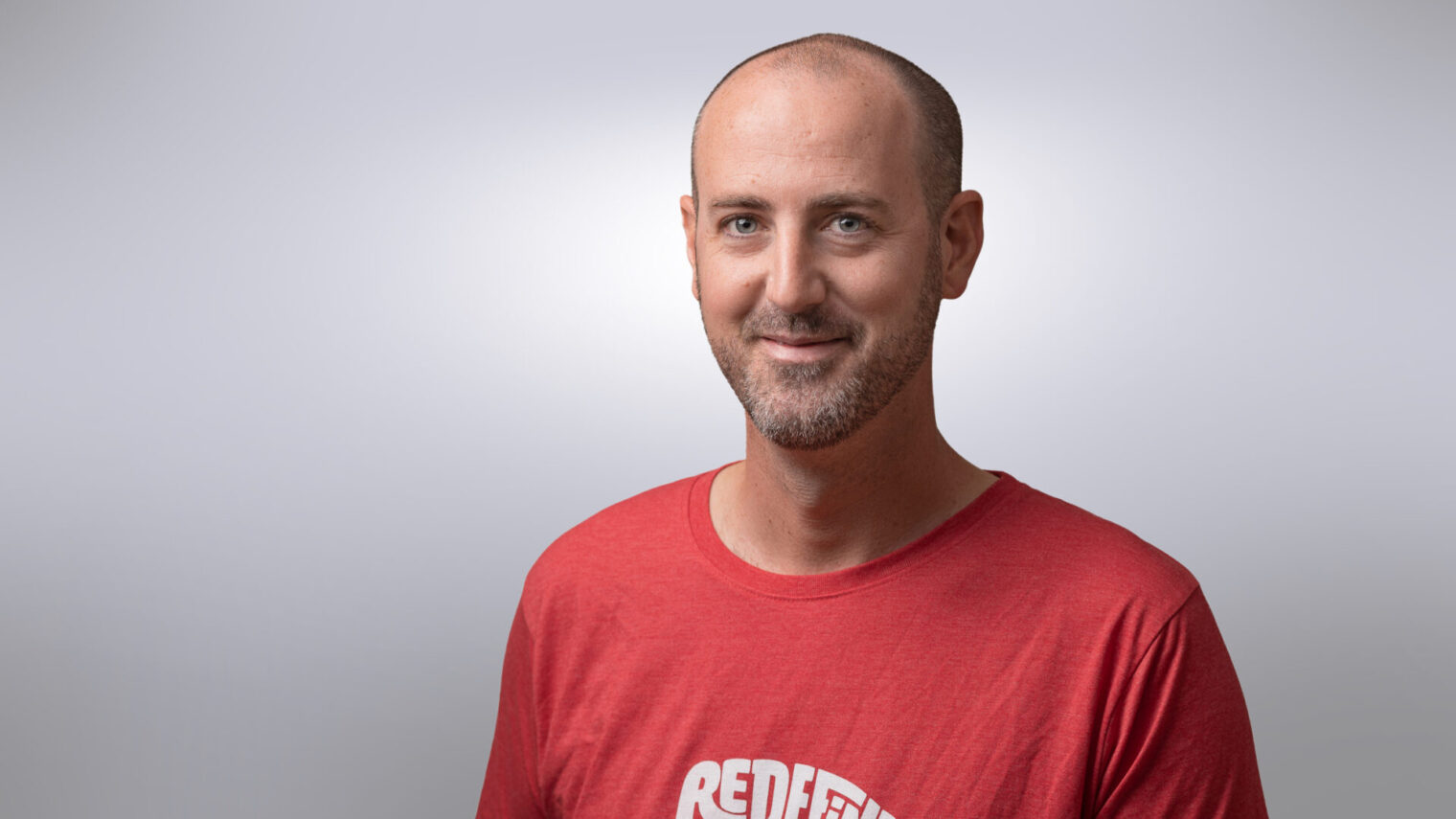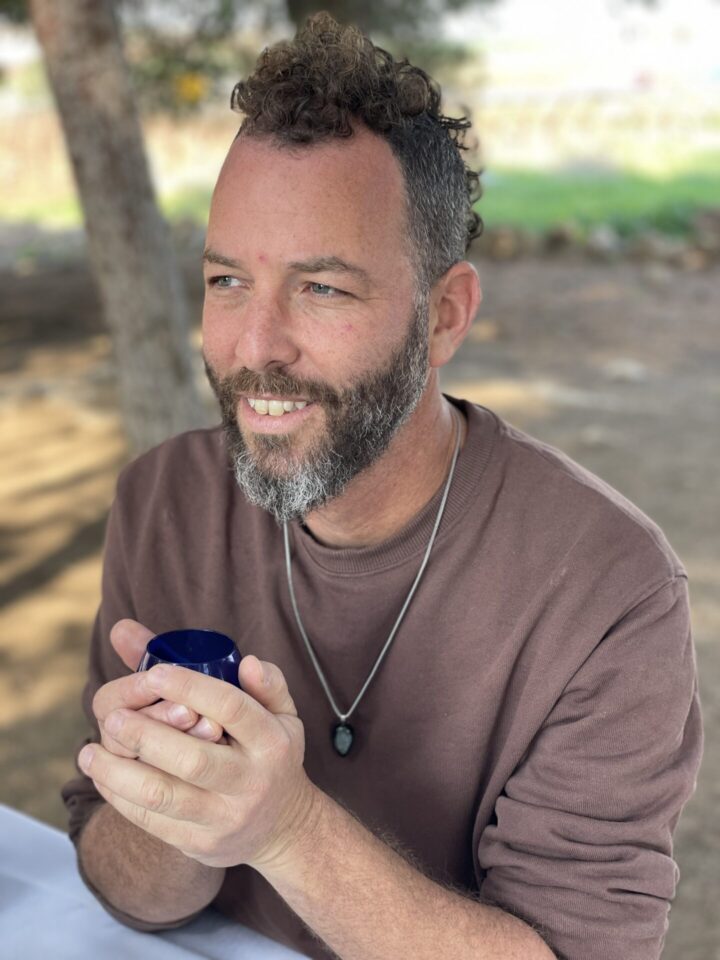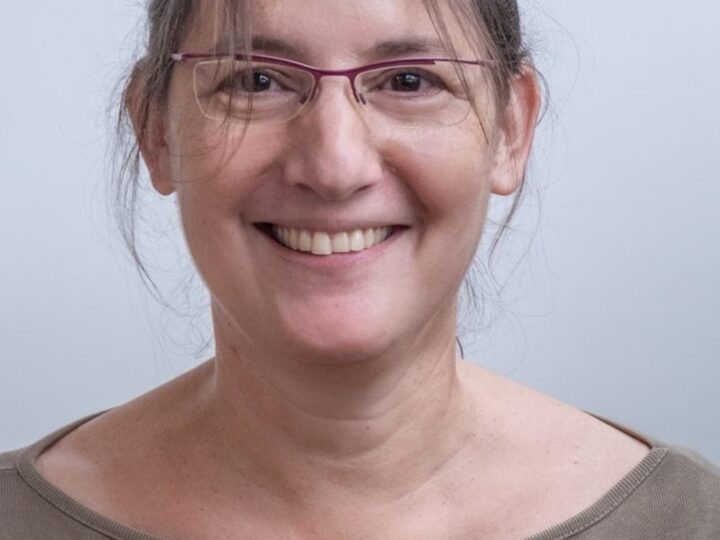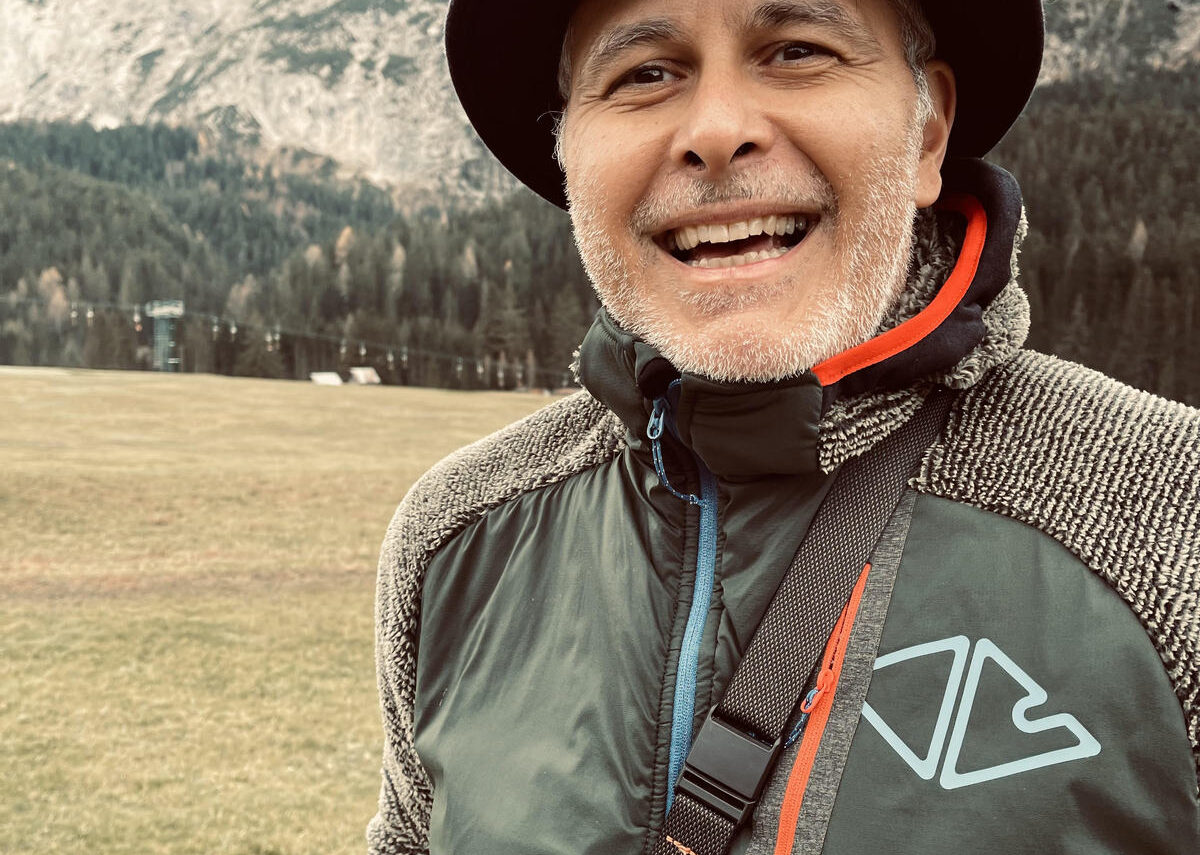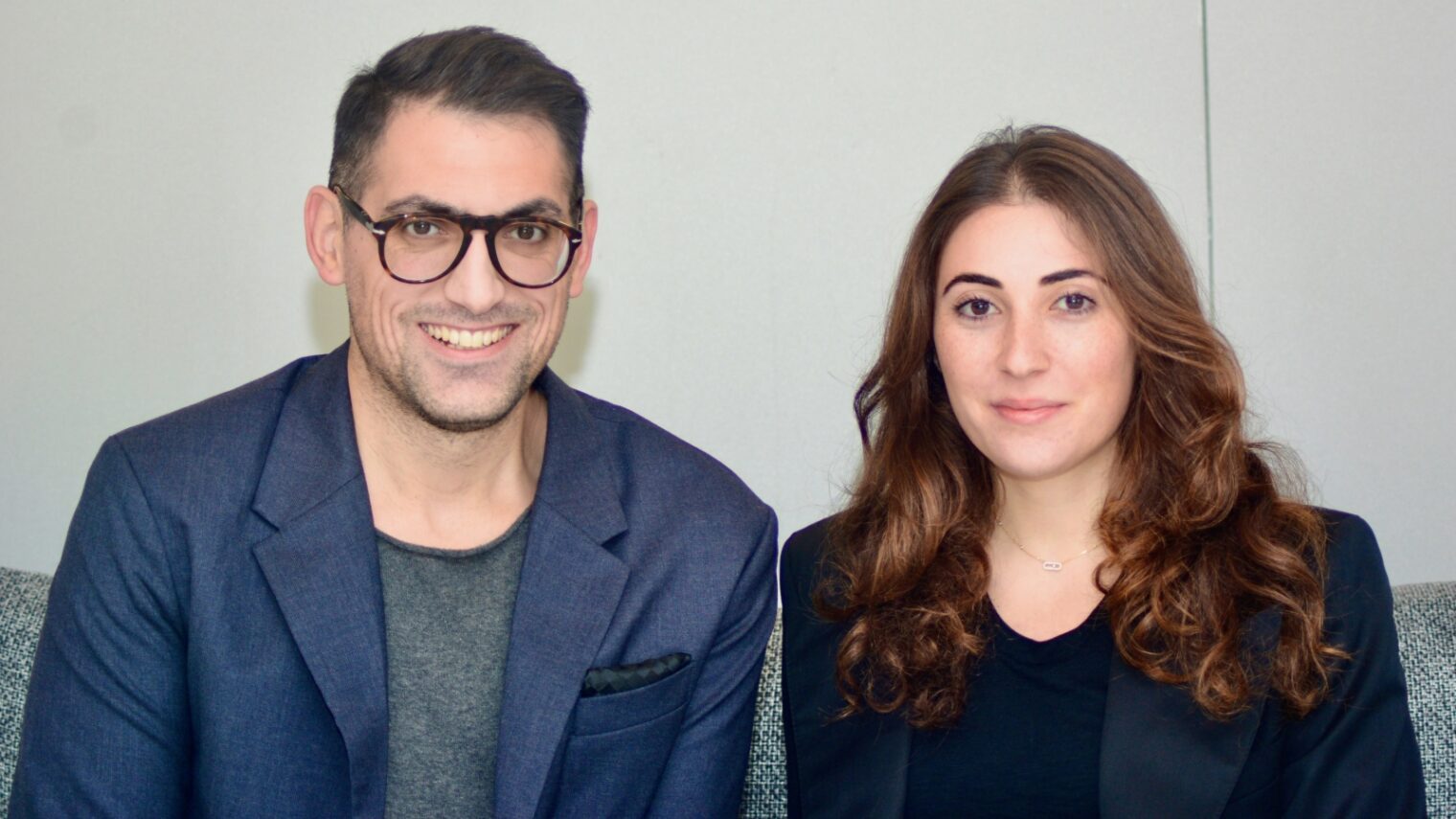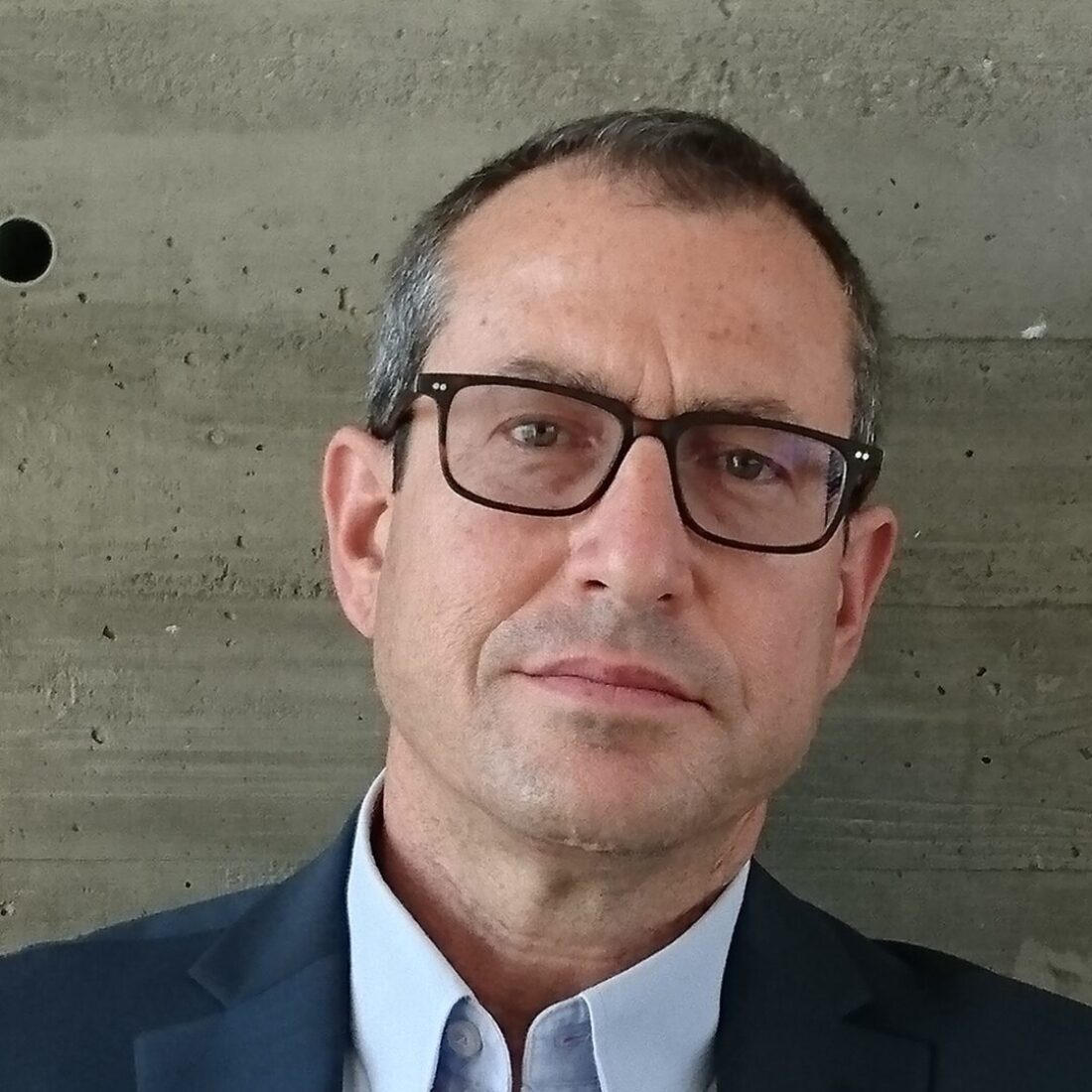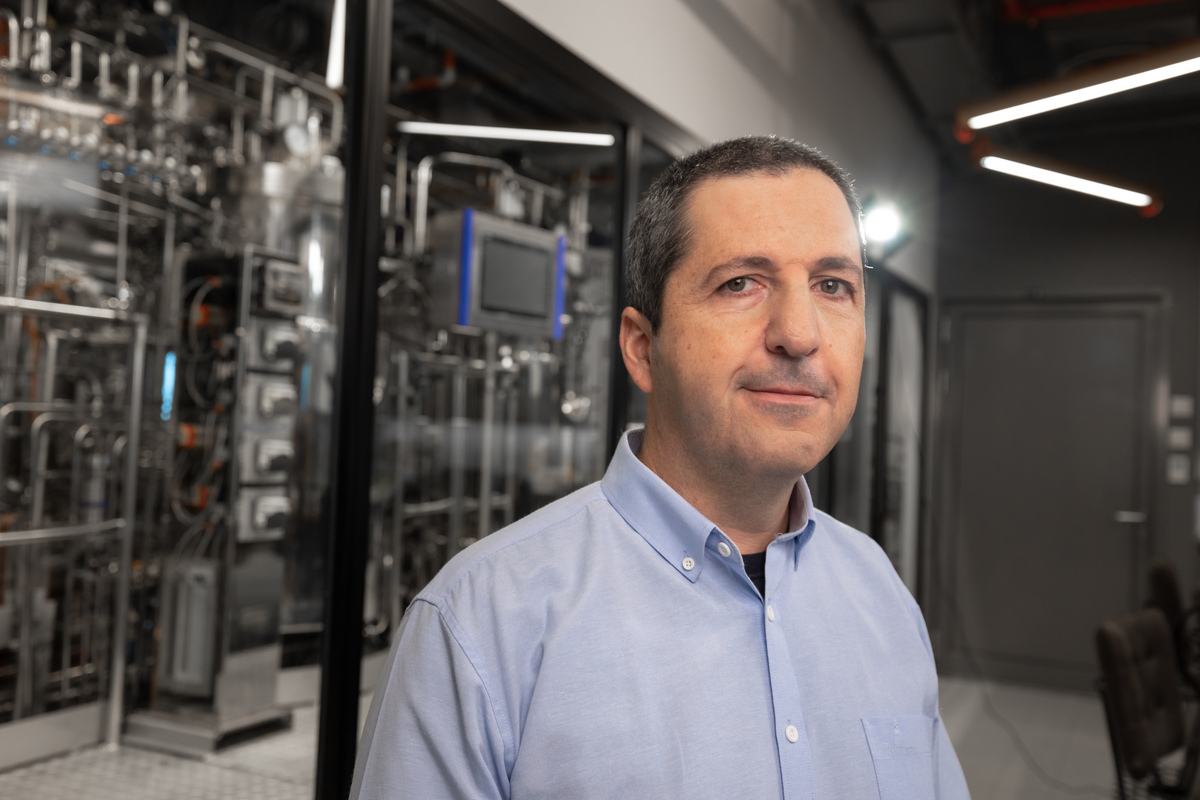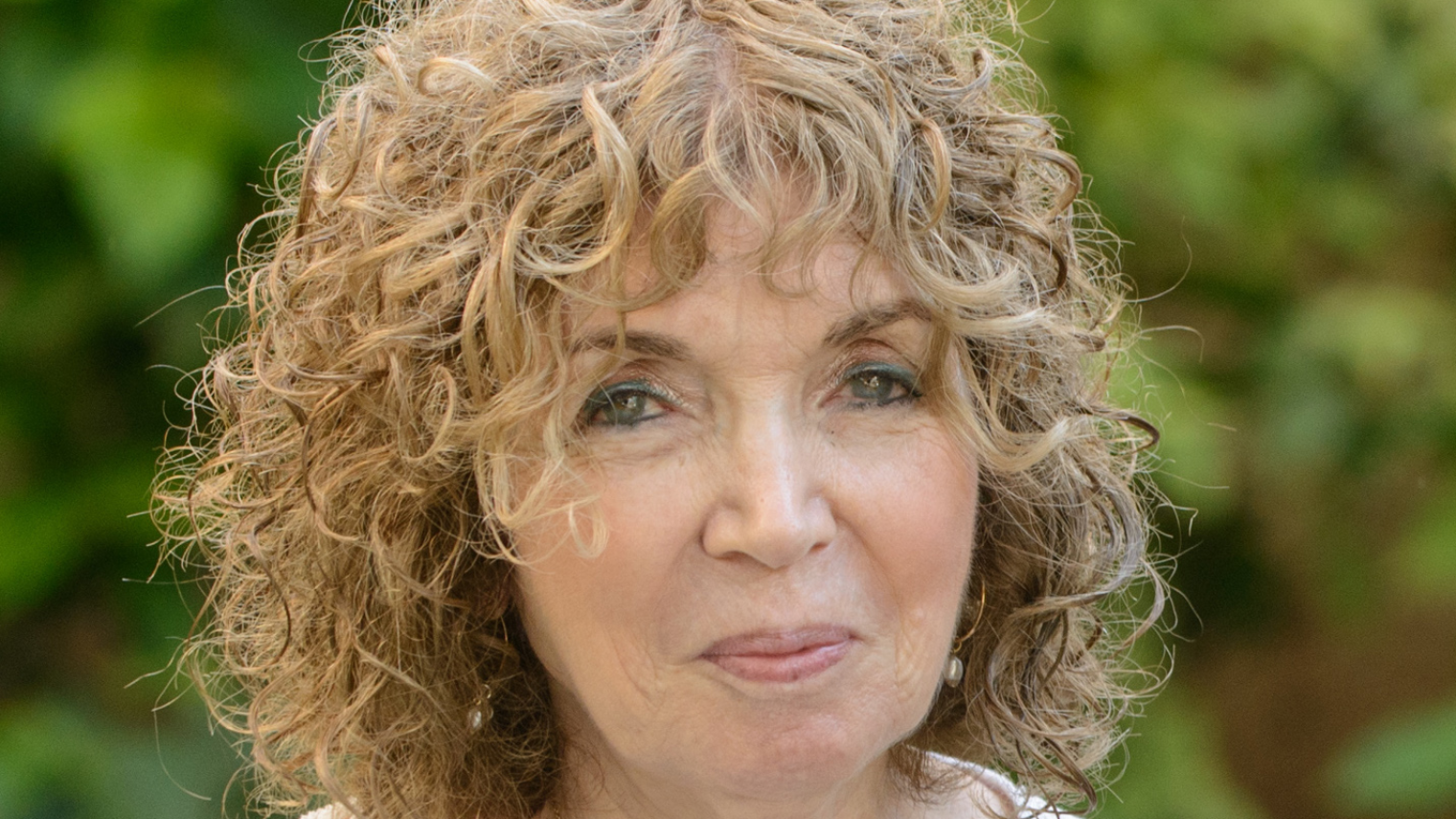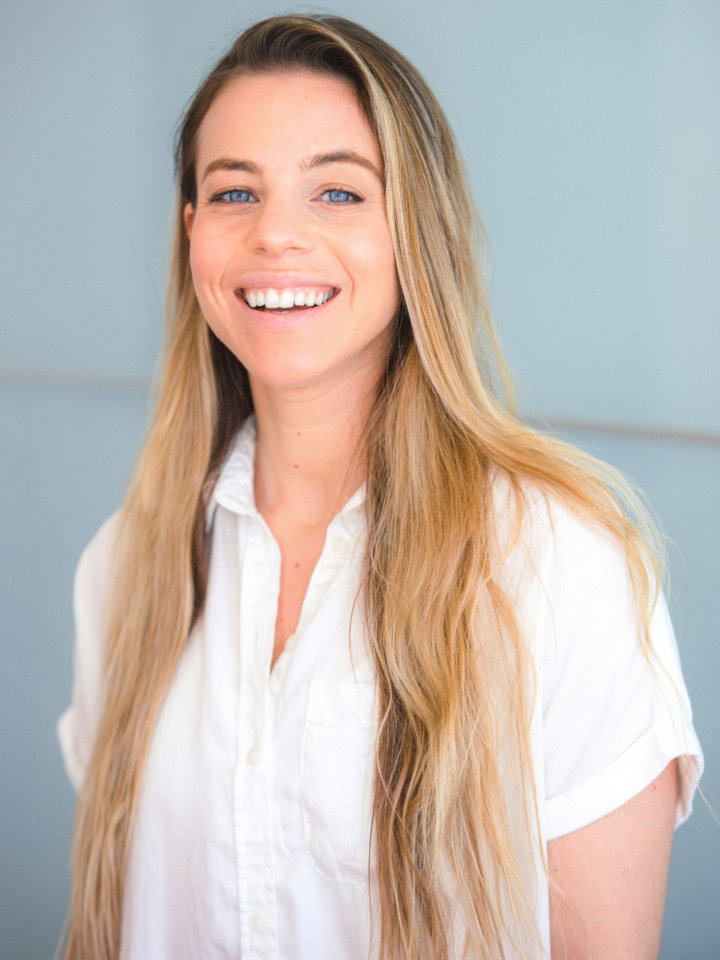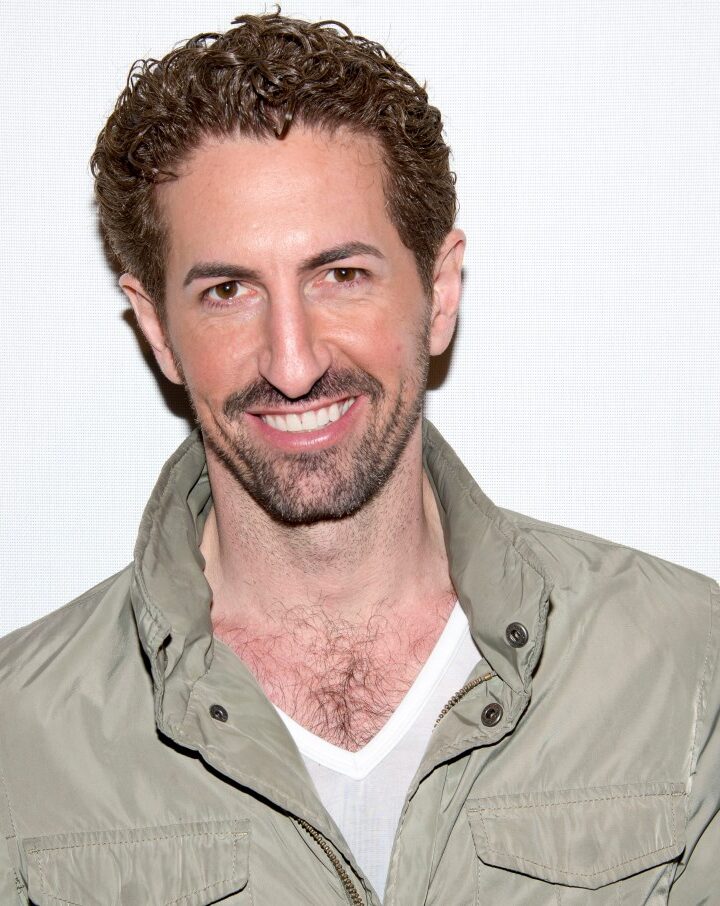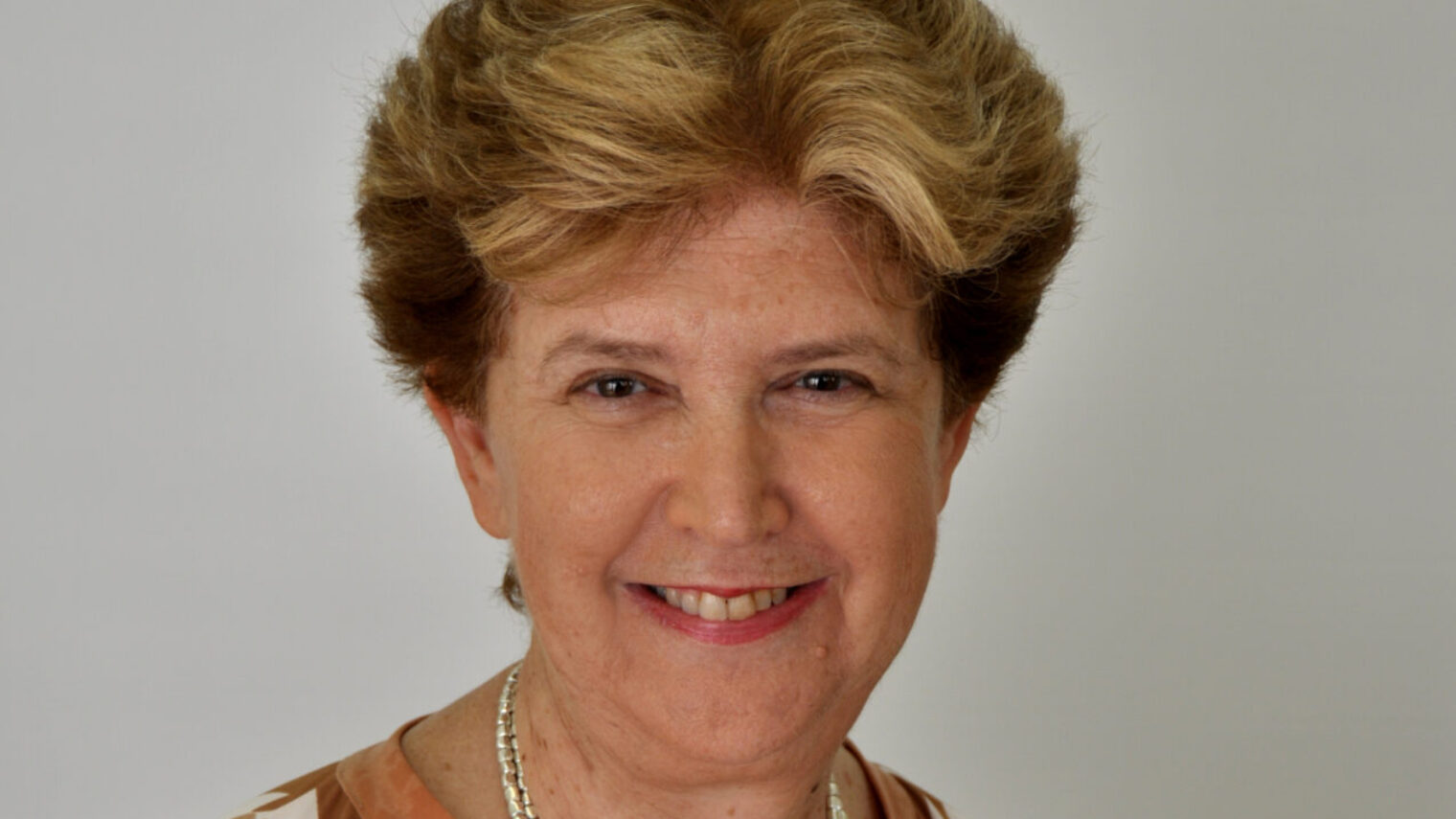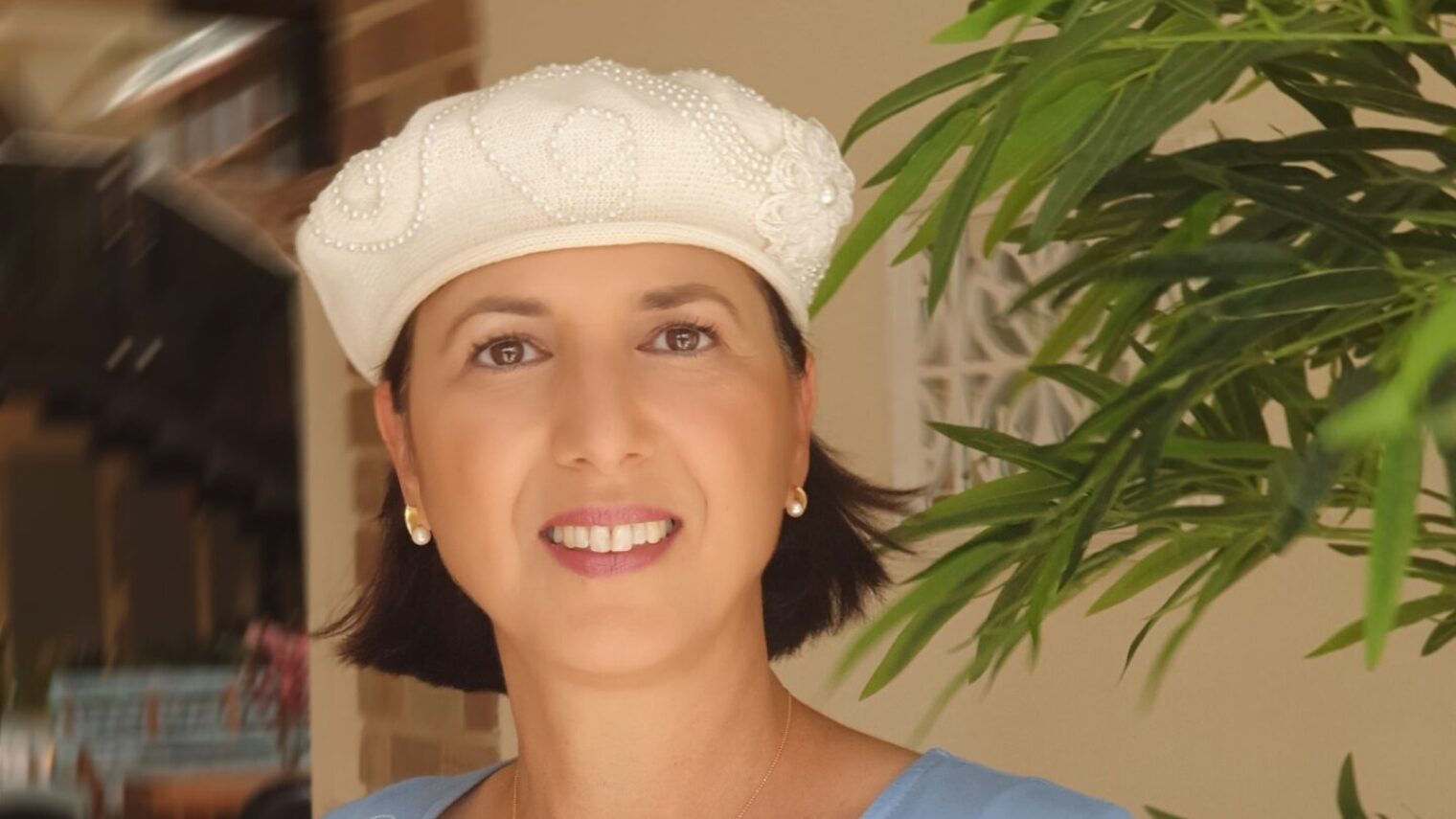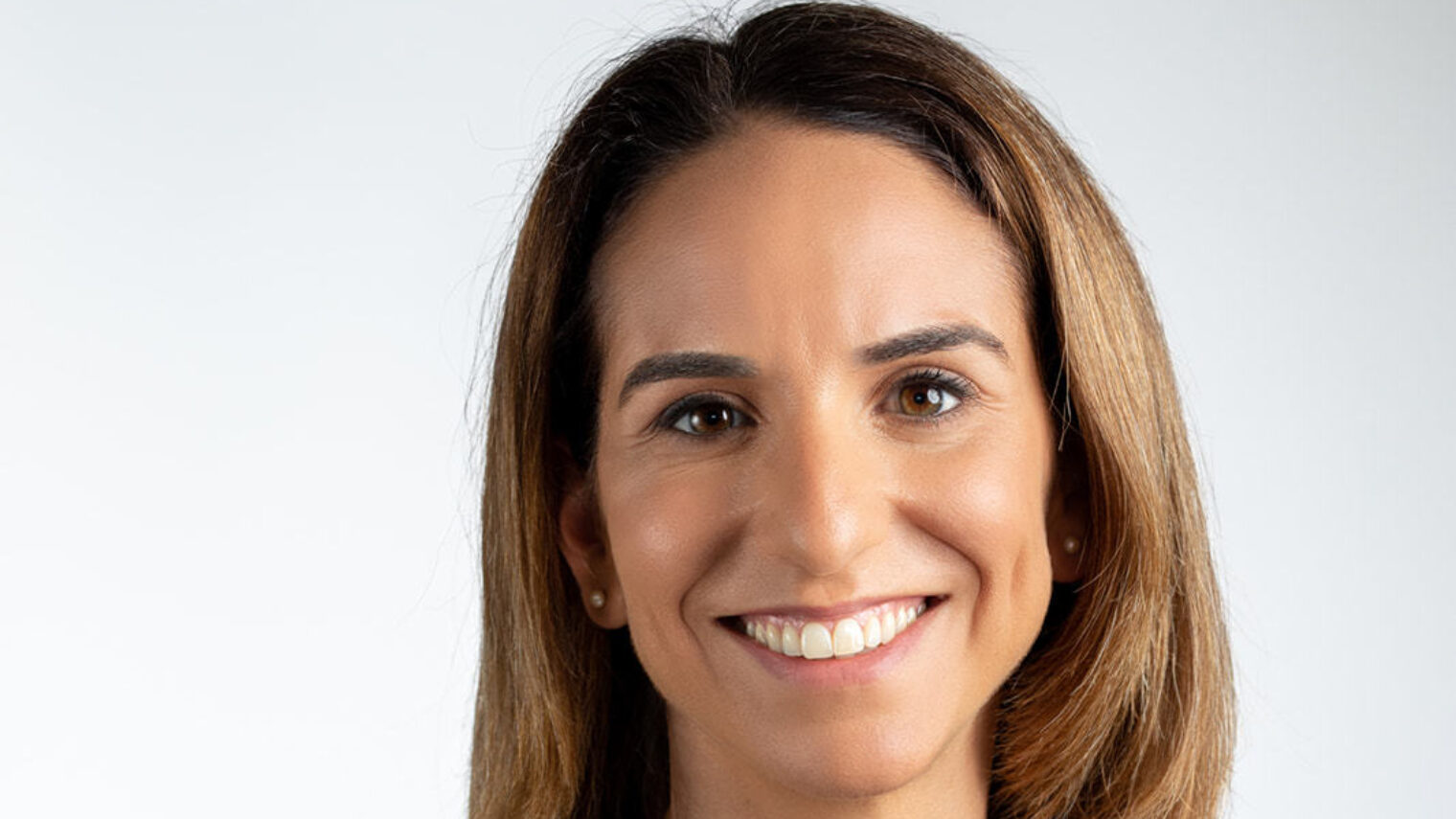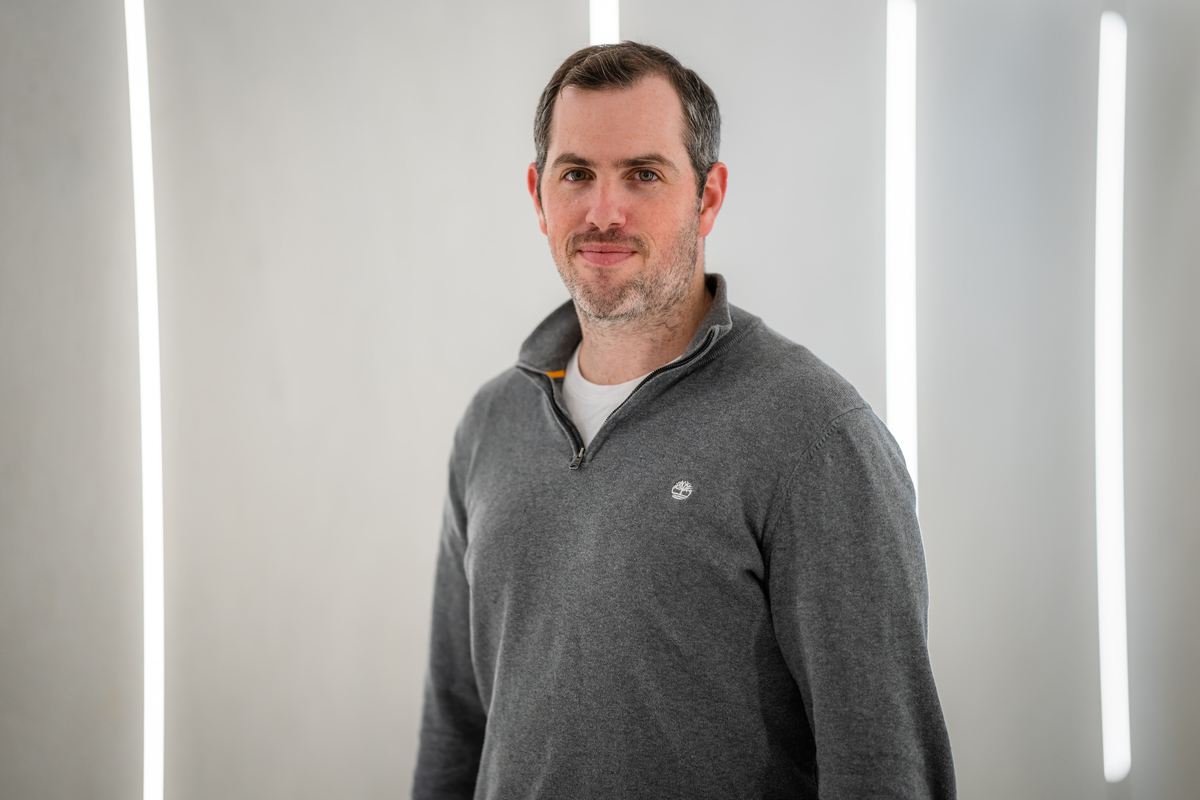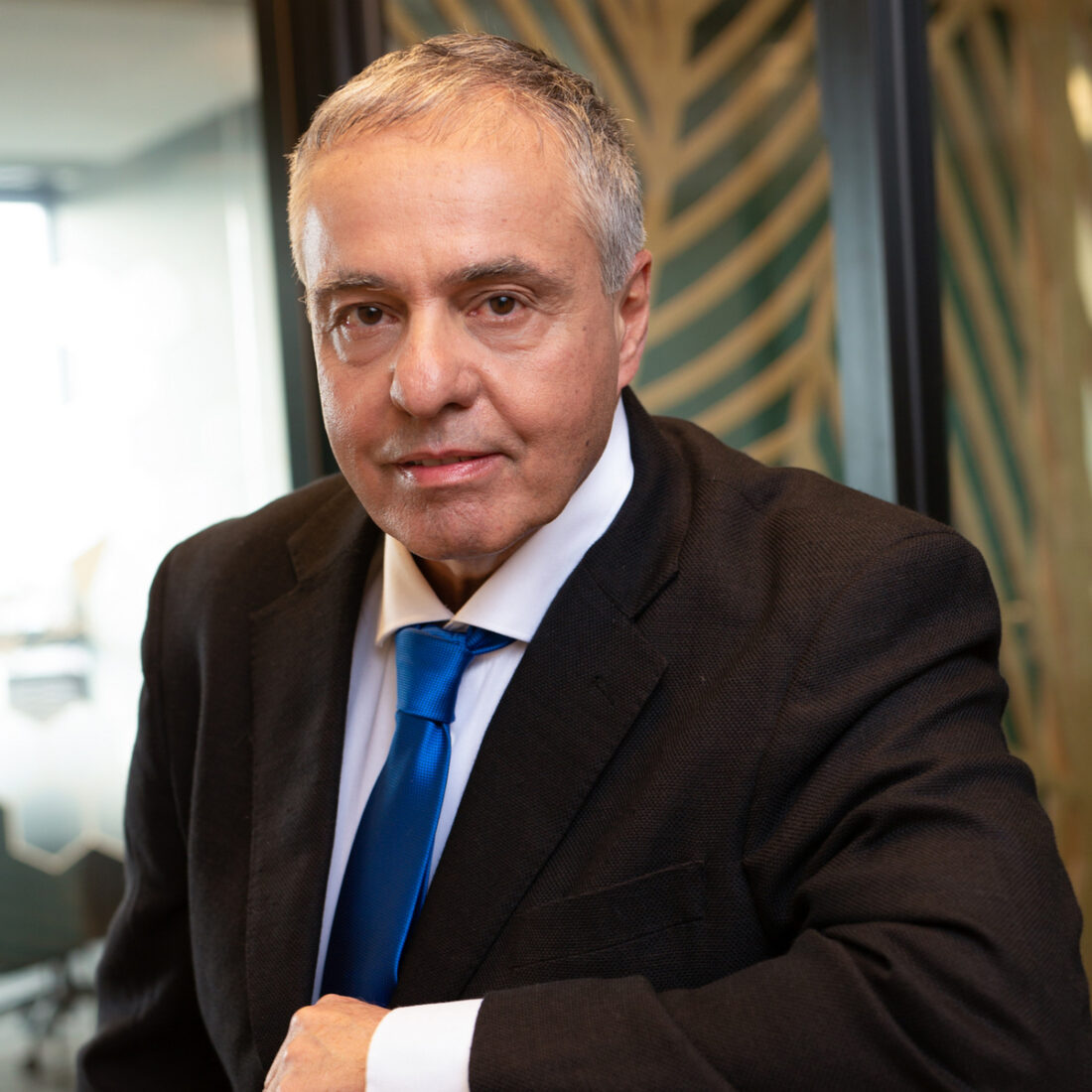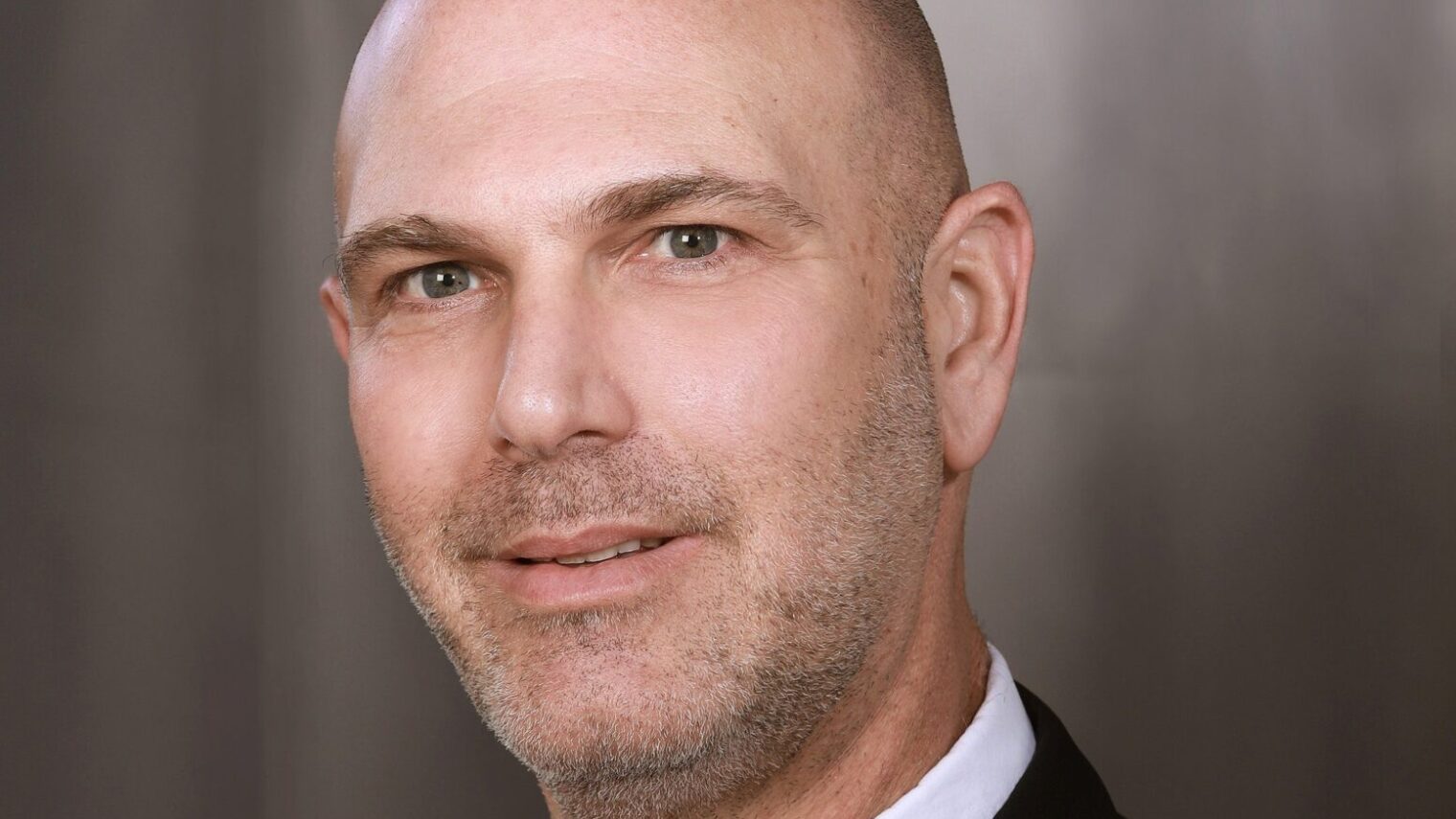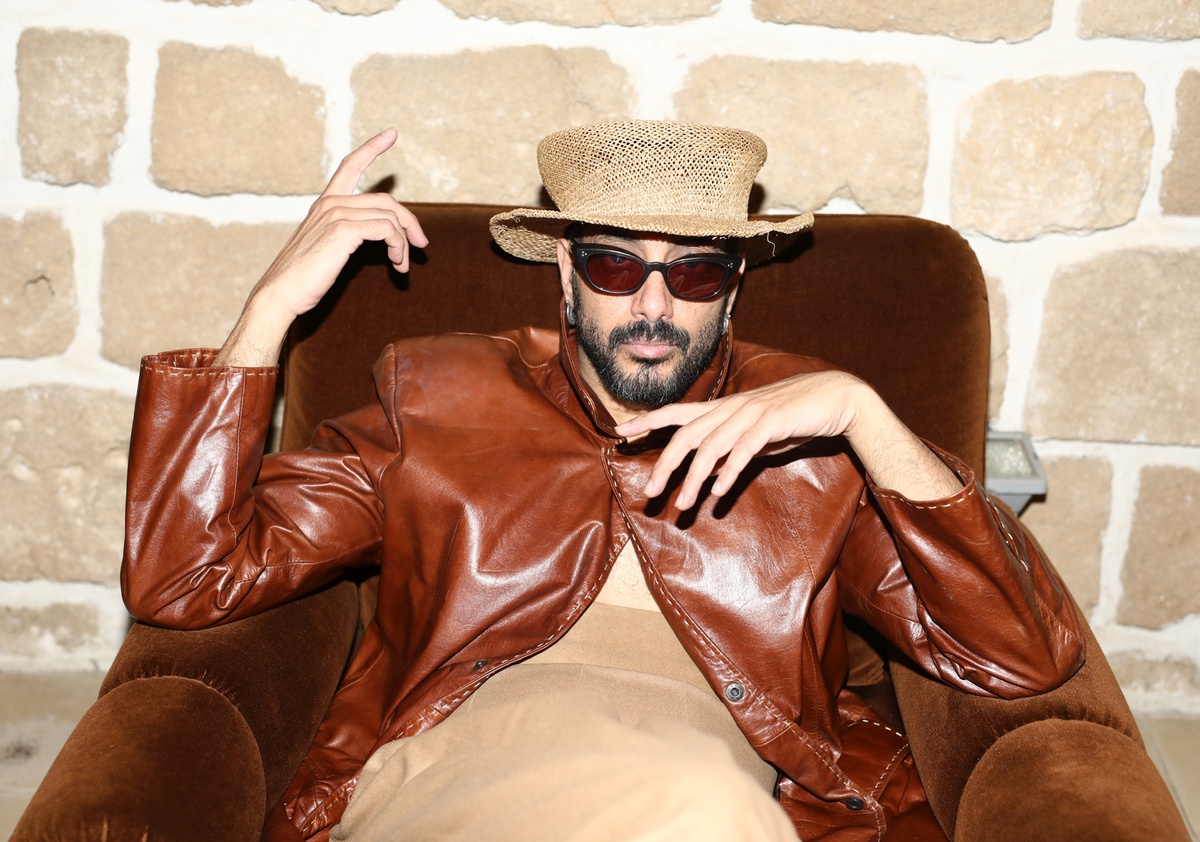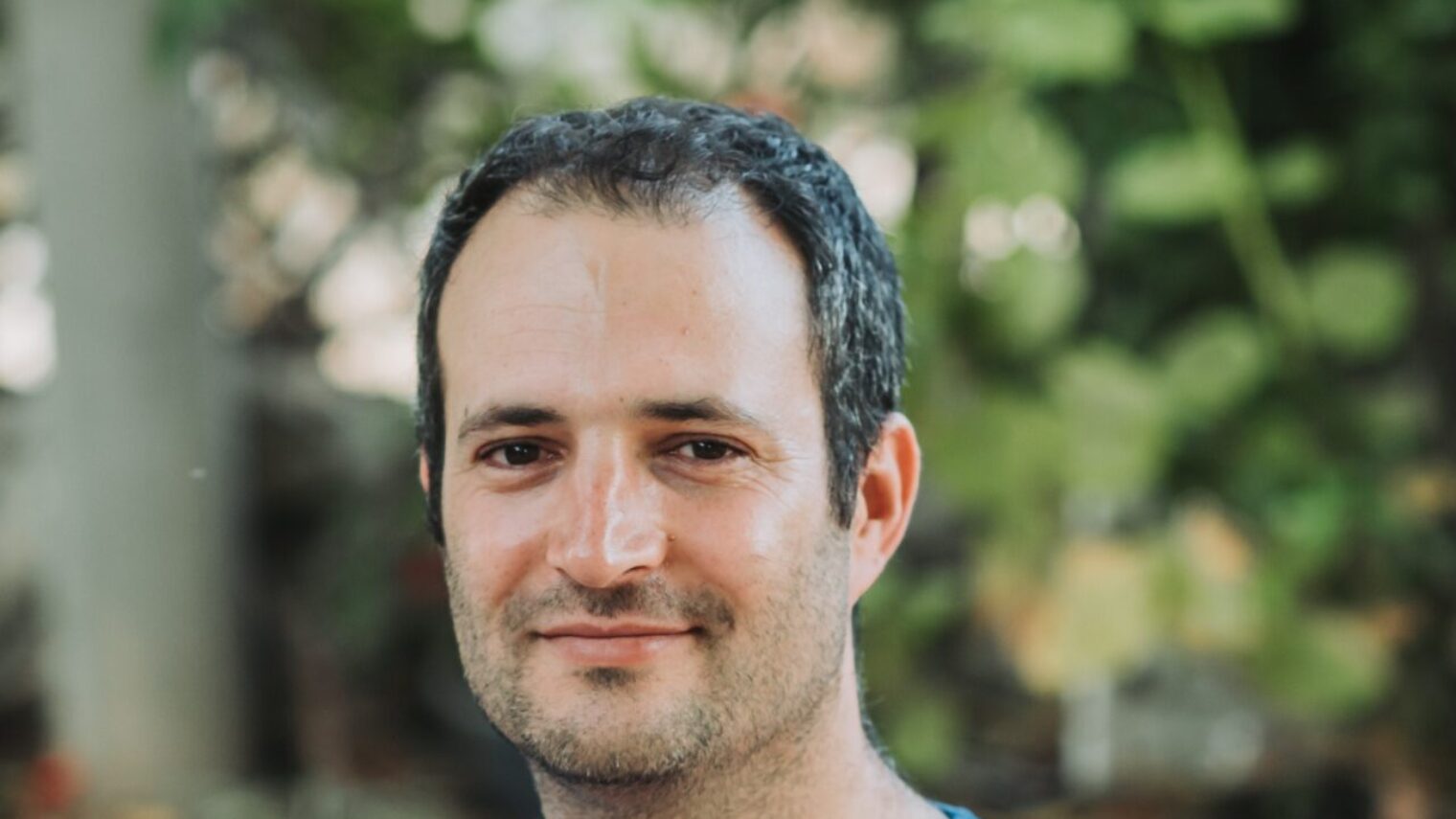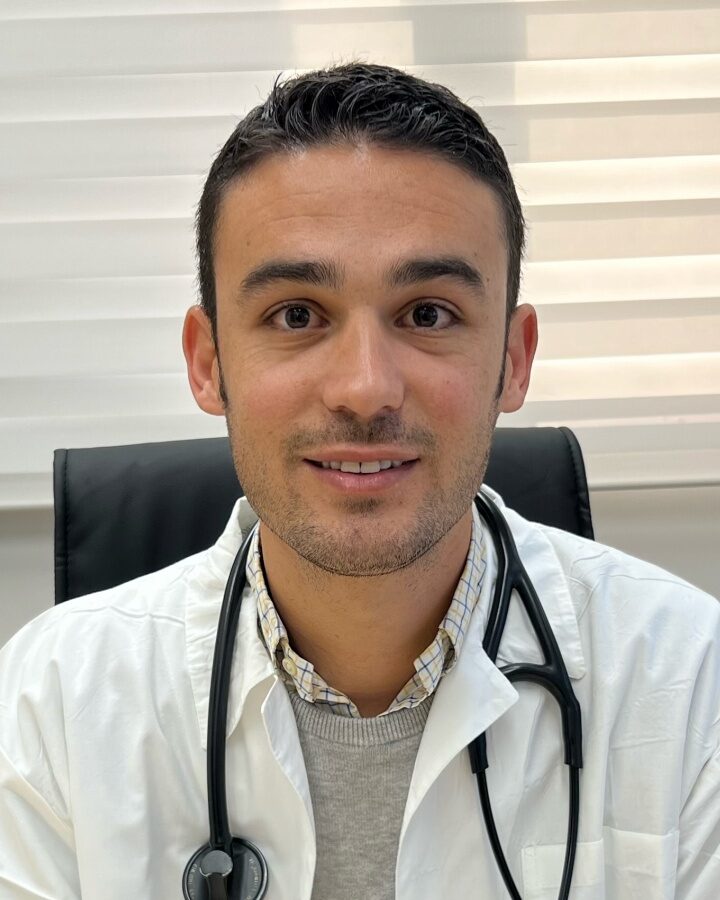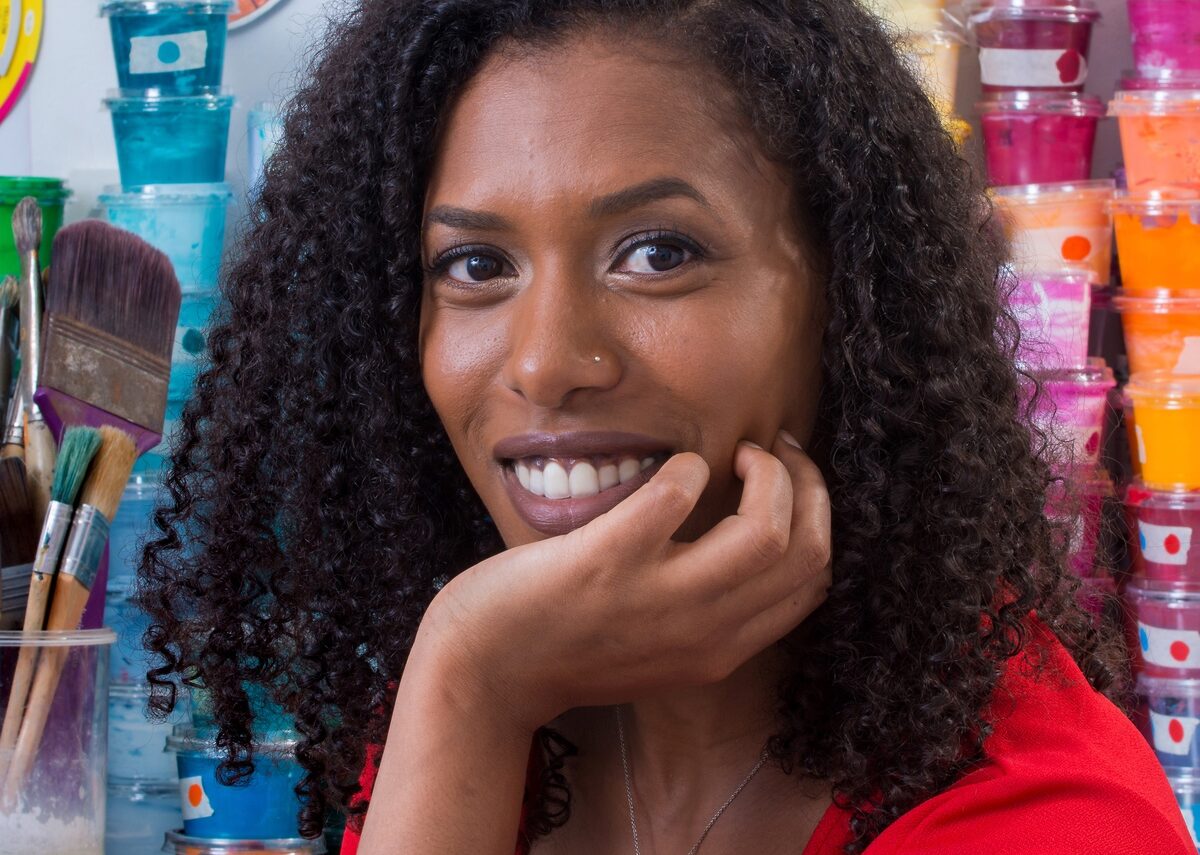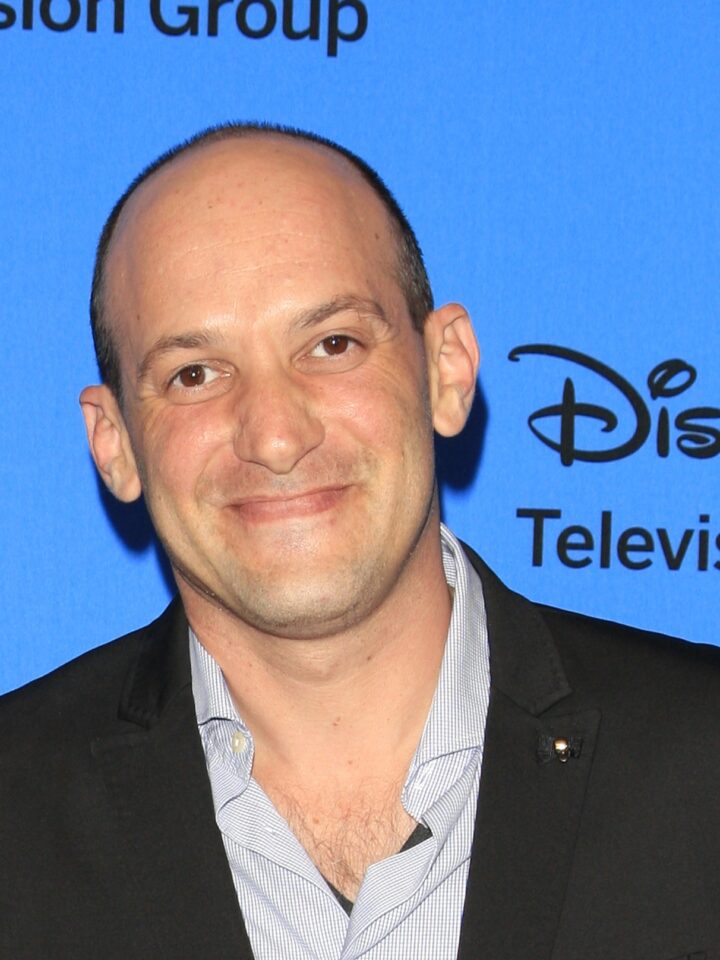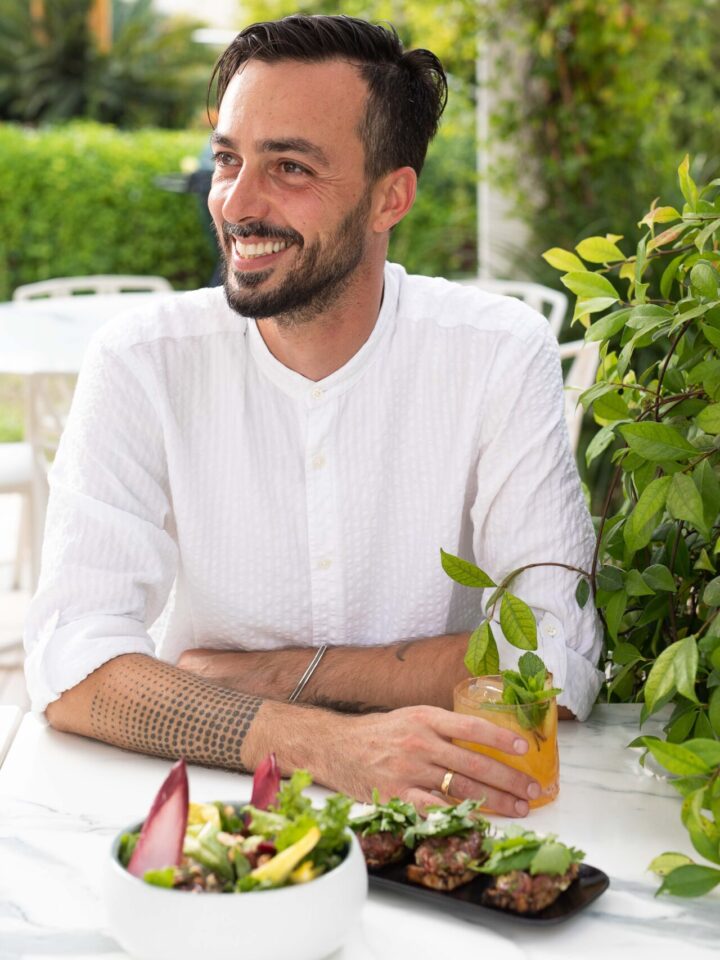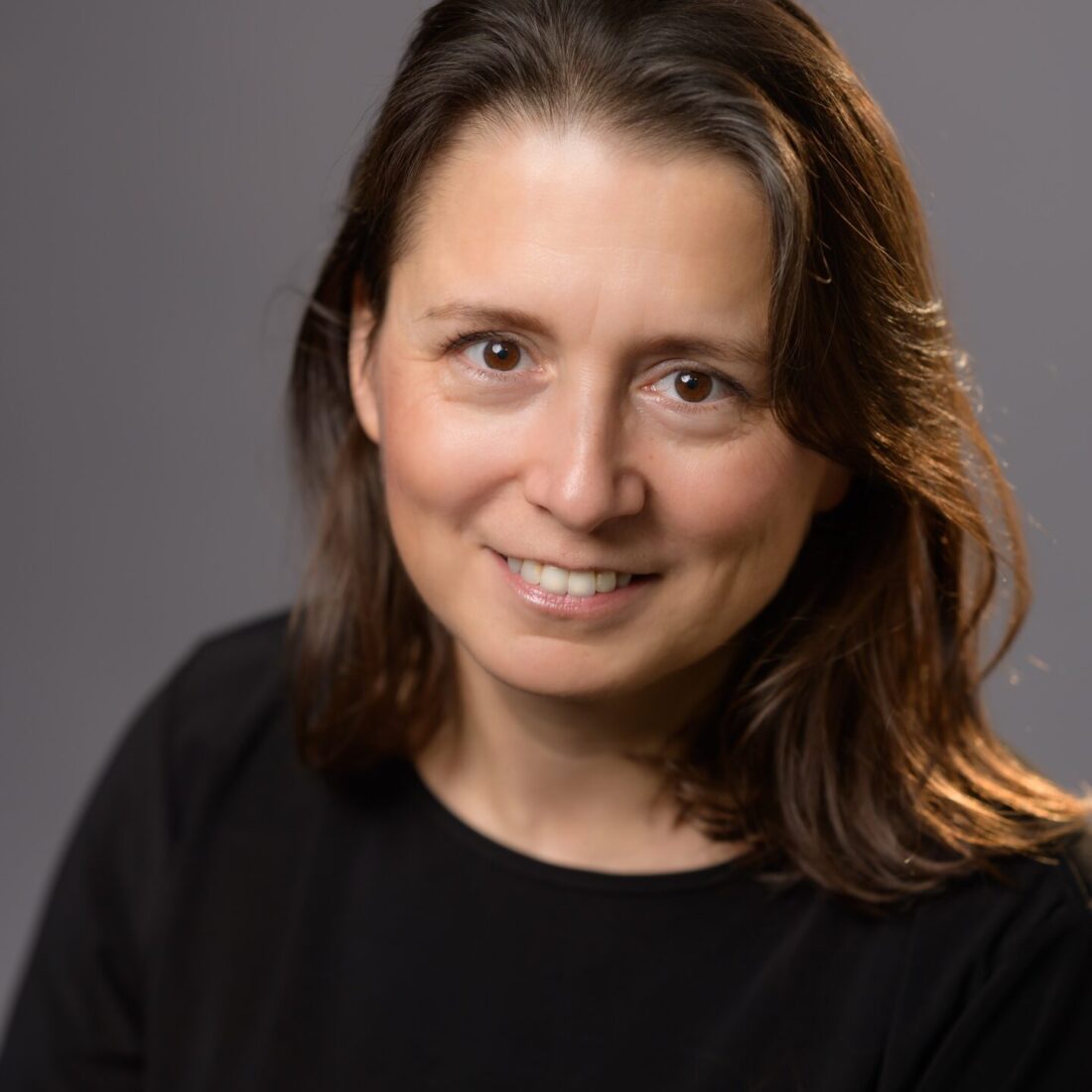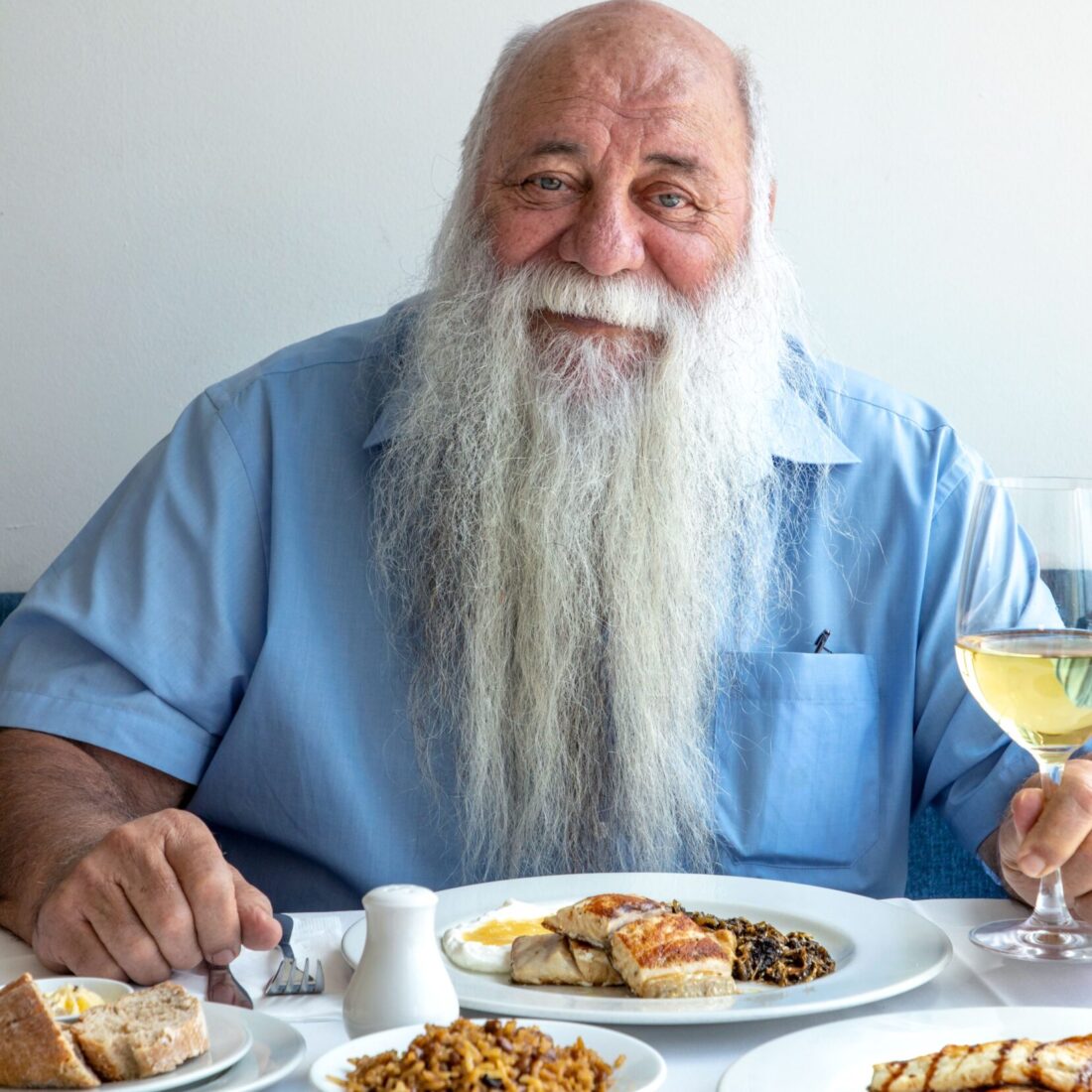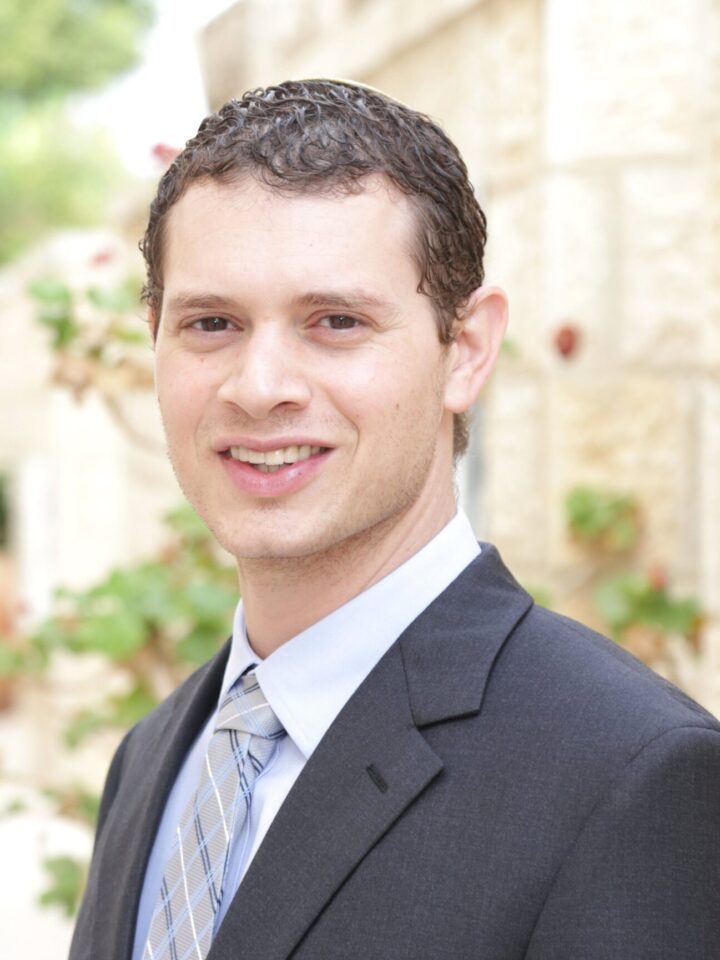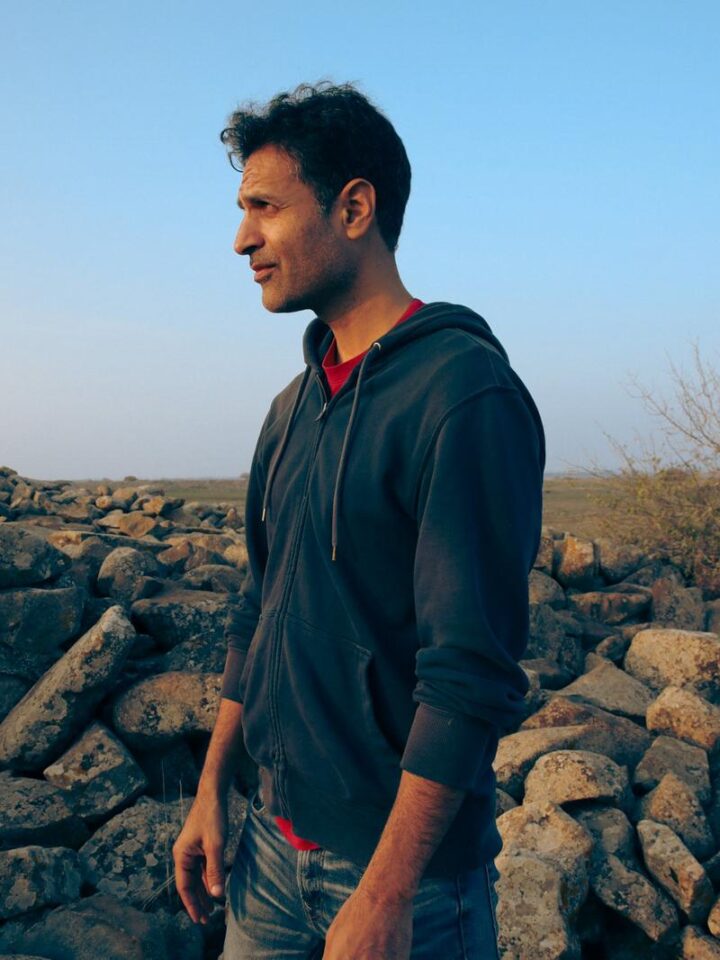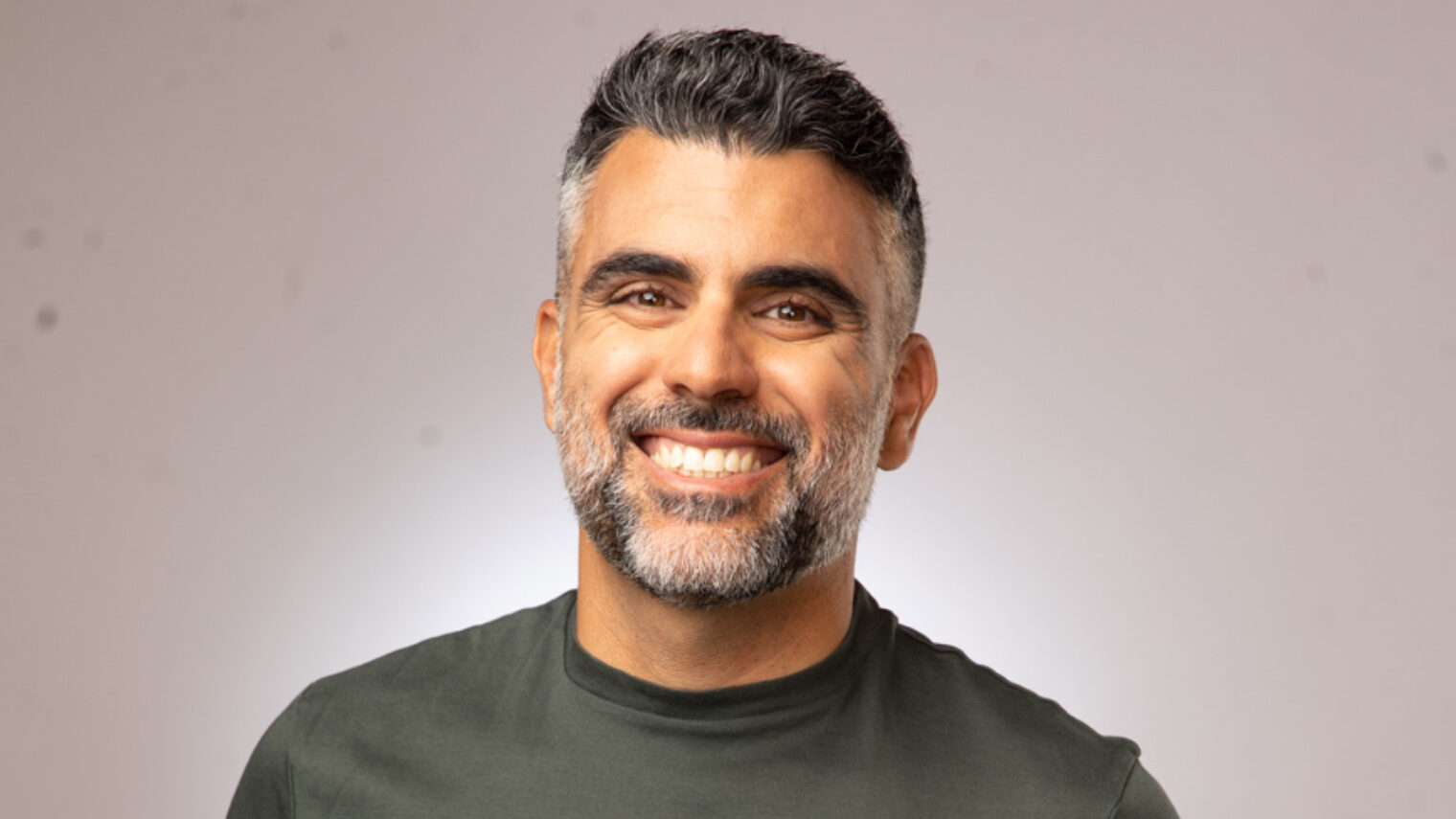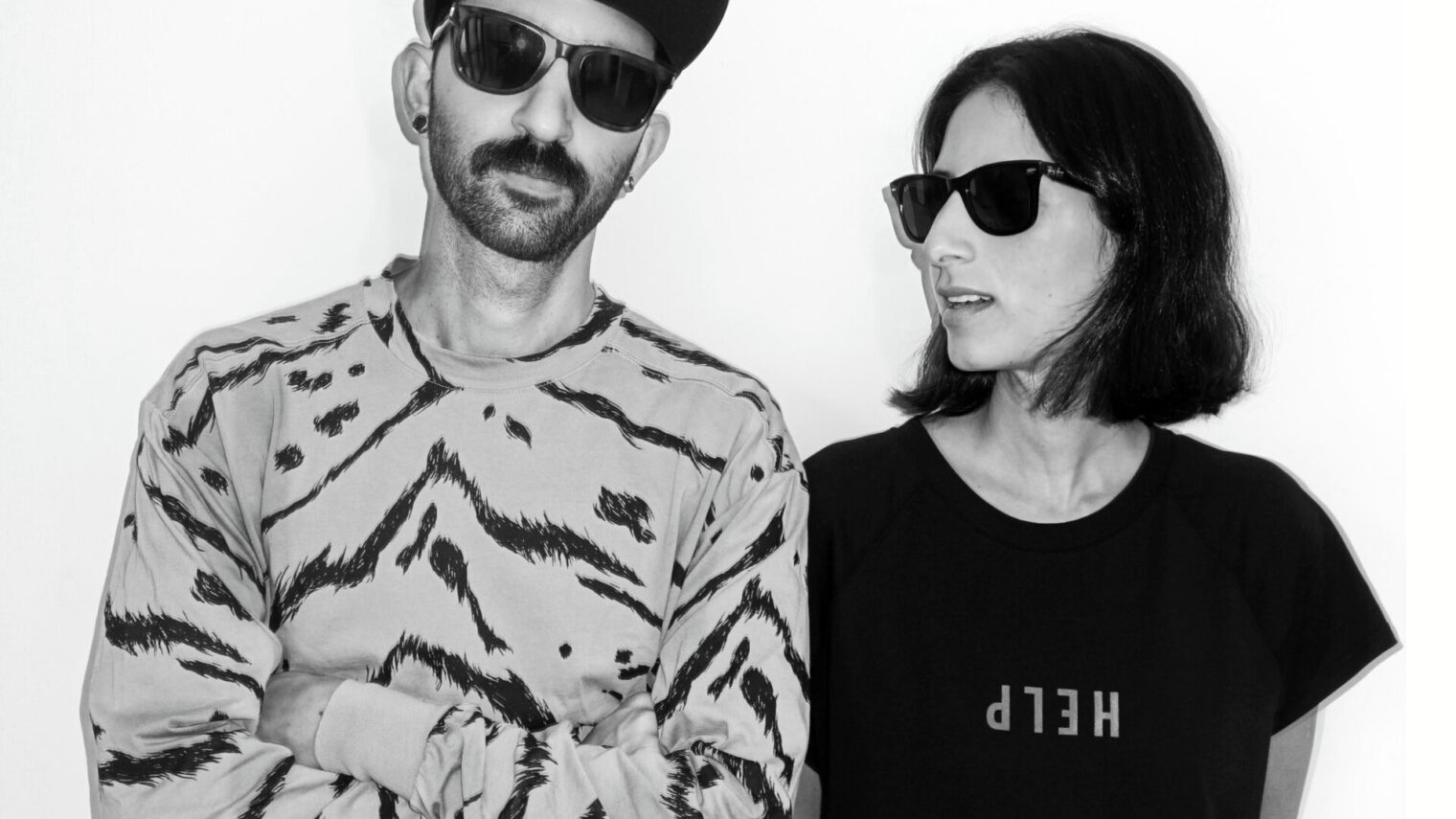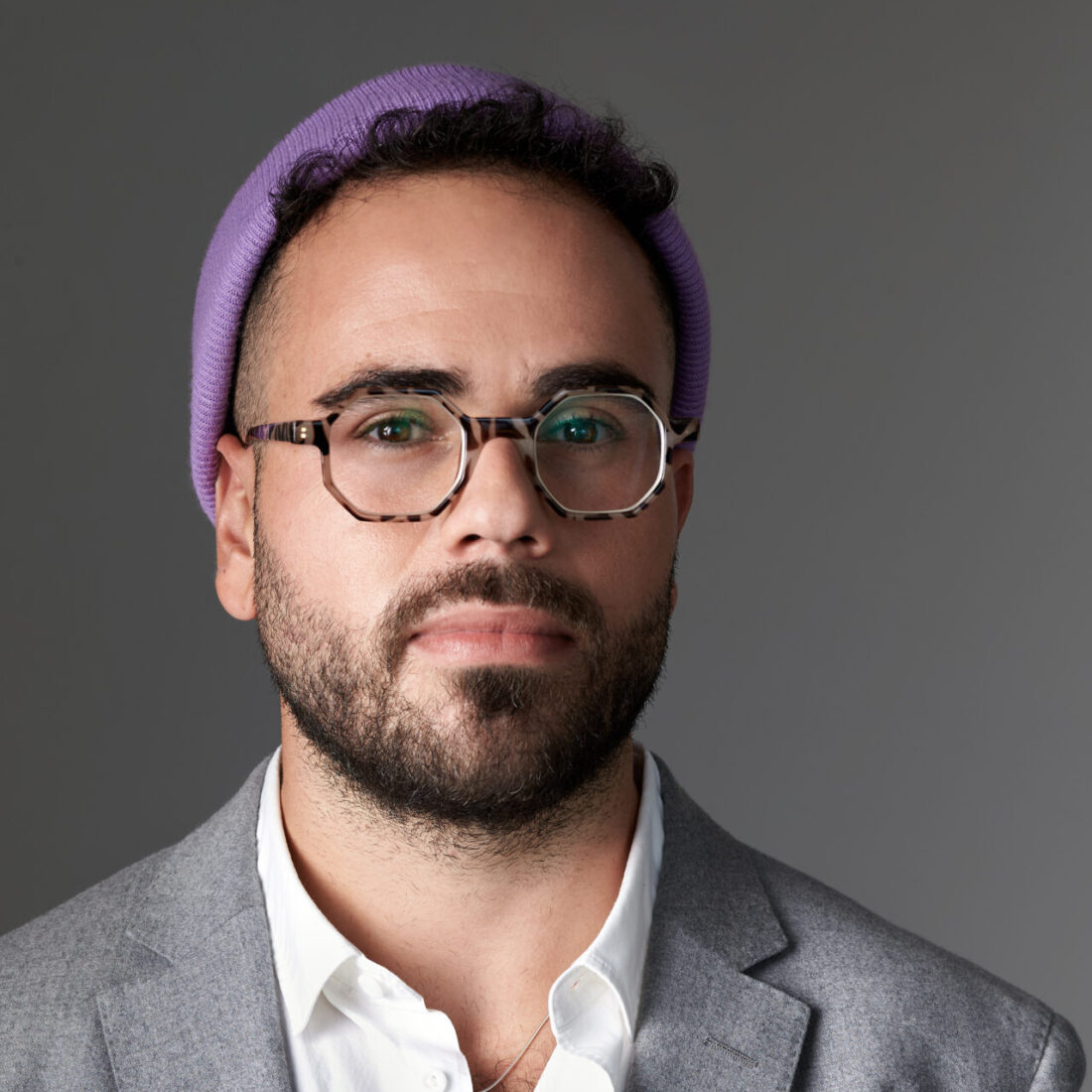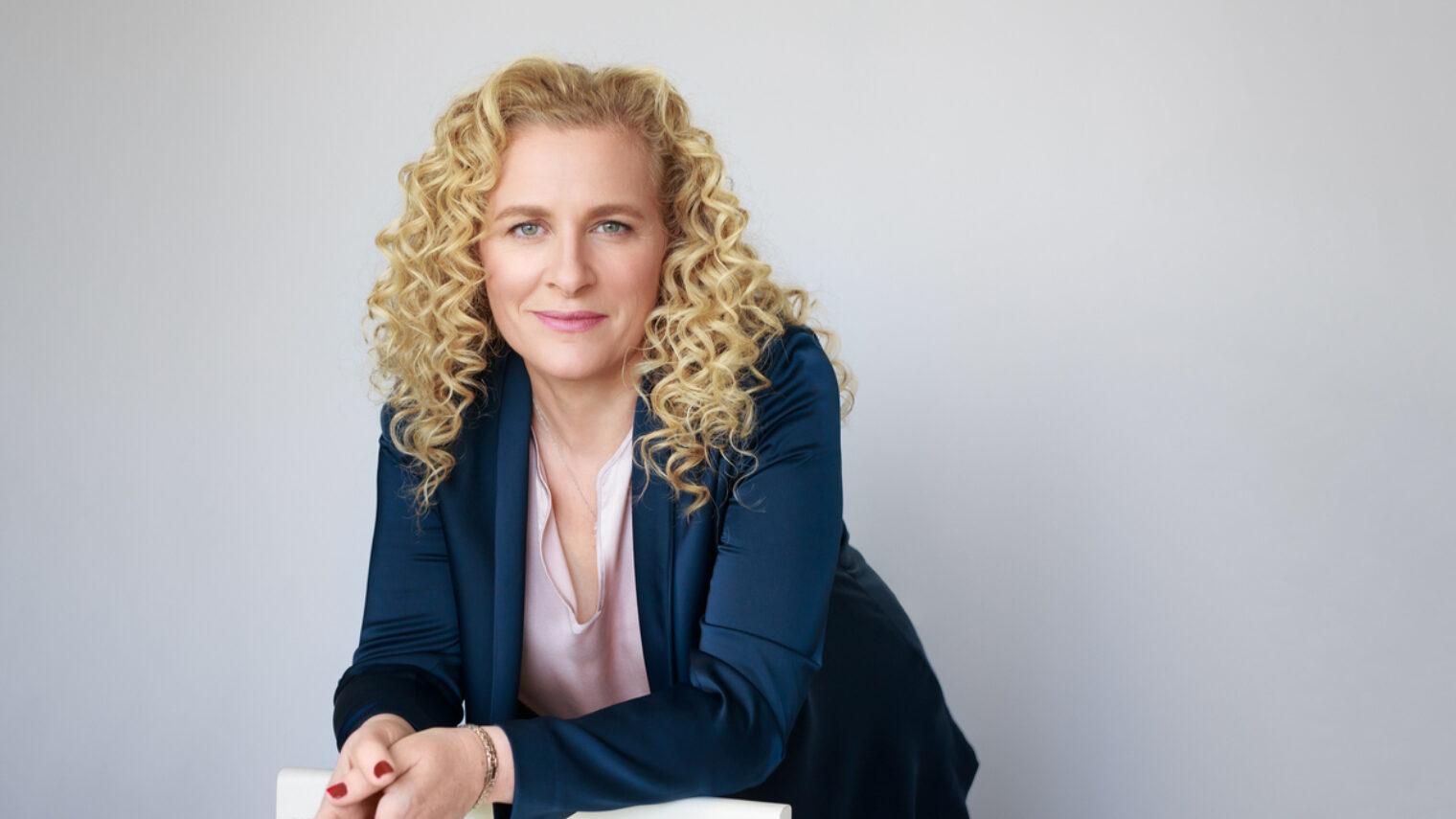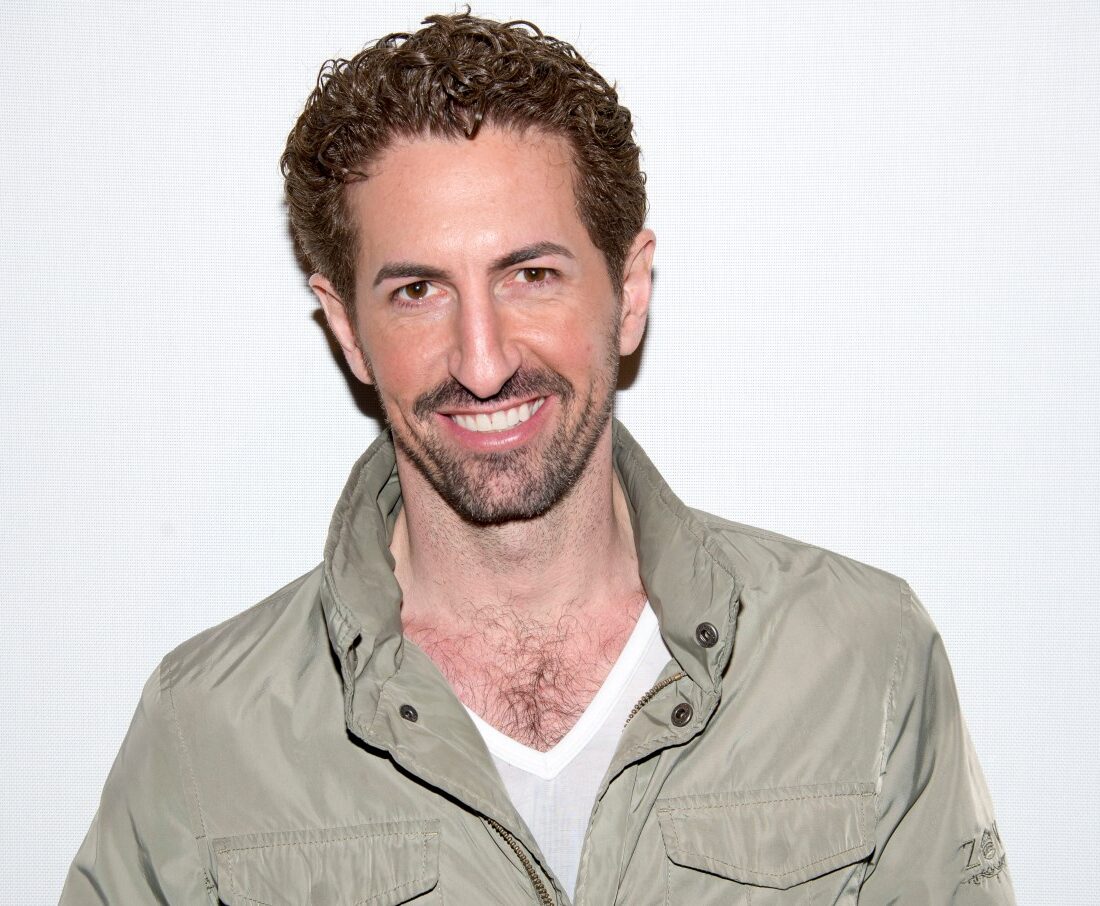My colleagues and I hope to bring some change to the world with our research on genetic engineering, neural implants, high-risk decision-making by leaders, and other developments underway.
My TED, TEDx, PopTech, World Economic Forum, and other talks ensure that the research does not stay only in the lab. My interactions with everyday people who email me, follow me on social media, or just reach out after a public talk, are critically instrumental in steering things in the right direction.
My work in Hollywood as a science consultant is equally valuable, allowing me to harness the power of film and TV to communicate complex ideas to a broad audience. I often get motivated by arbitrary, unexpected, exchanges with people who reach out to tell me that some of our lab’s work has helped them in a tangible way. One of the challenges of our world is that science gathers knowledge faster than society gathers wisdom. This means we are unleashing numerous advances that could shape our futures in ways we do not fully understand.
“Science gathers knowledge faster than society gathers wisdom.”
As a child, I studied acting and ballet dancing and appeared on various TV shows. Those skills forced me to engage with audiences, be more comfortable on stage, learn how to tell a story that is engaging, and know how to communicate. Being able to communicate complex ideas is so important, and this childhood experience is an extremely valuable asset to my work.
I’m currently involved in a big project that tries to leverage our understanding of the brain to help leaders make better decisions in critical moments – specifically regarding the revamping of the nuclear launch decision protocol. I hope this will materialize in a way that will help make our world safer and less prone to devastating mistakes.
I am still (maybe naively) hopeful that we will be able to answer some of those big questions that I set out to answer as a scientist: What is consciousness? How did the universe begin? Do we have free will?
Many of those questions are written in a note on my desk as a reminder of the things that got me to science in the first place. If any of those answers materialize, I did my part.




